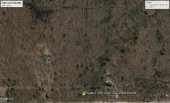
 8
8




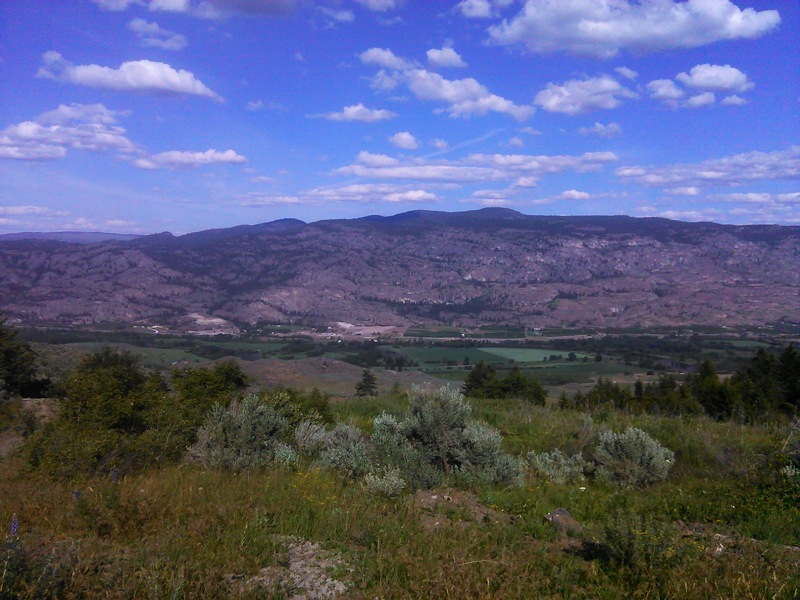
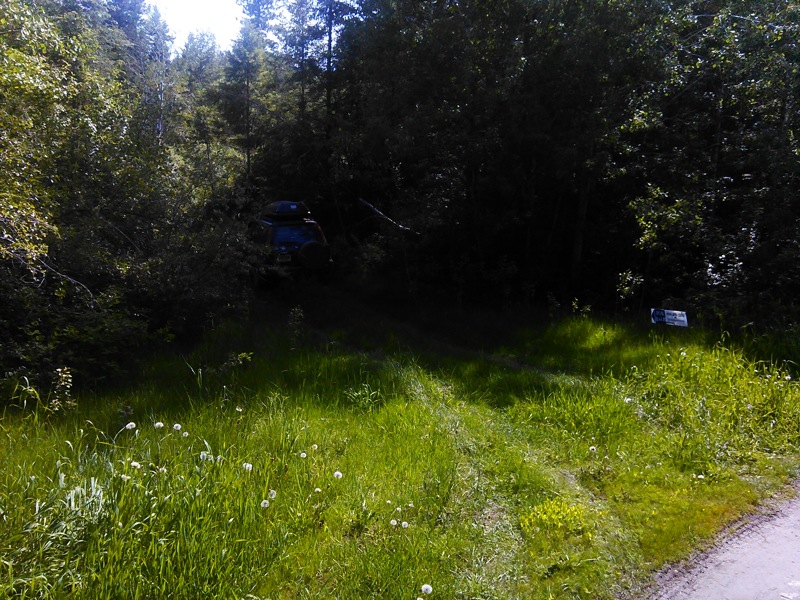
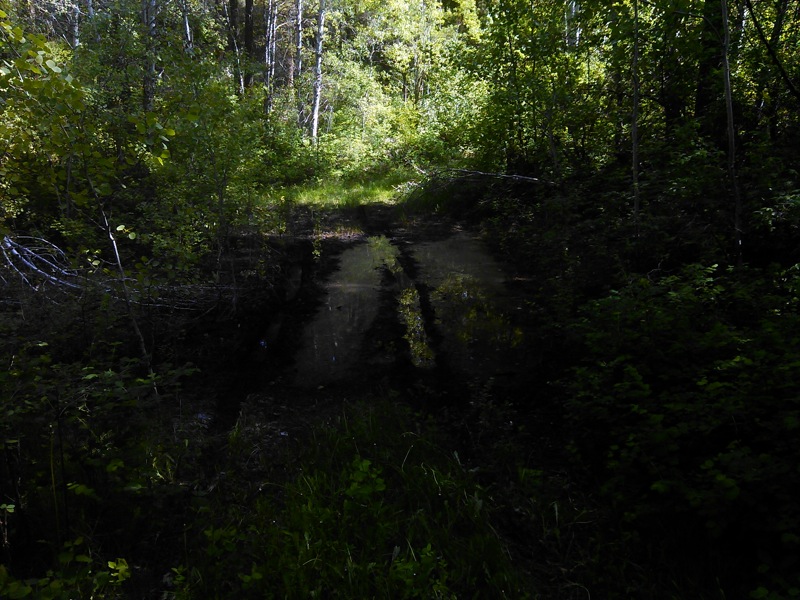
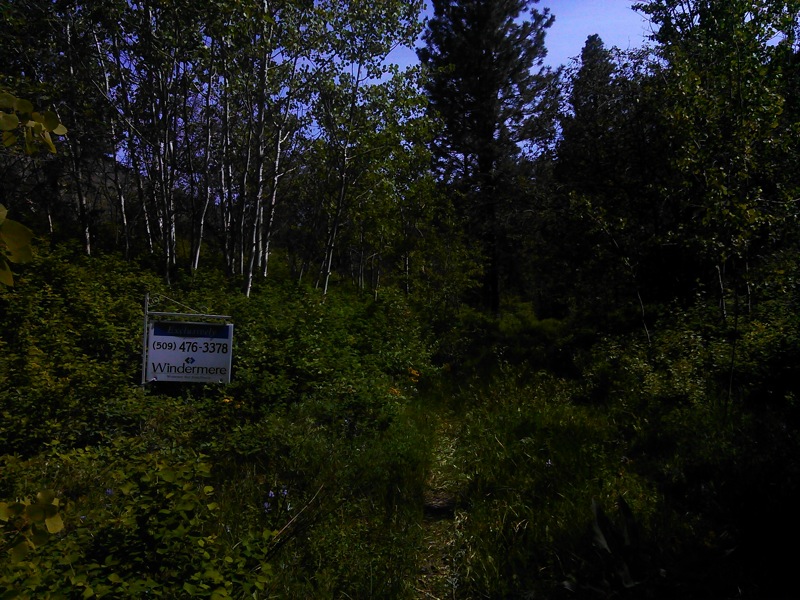
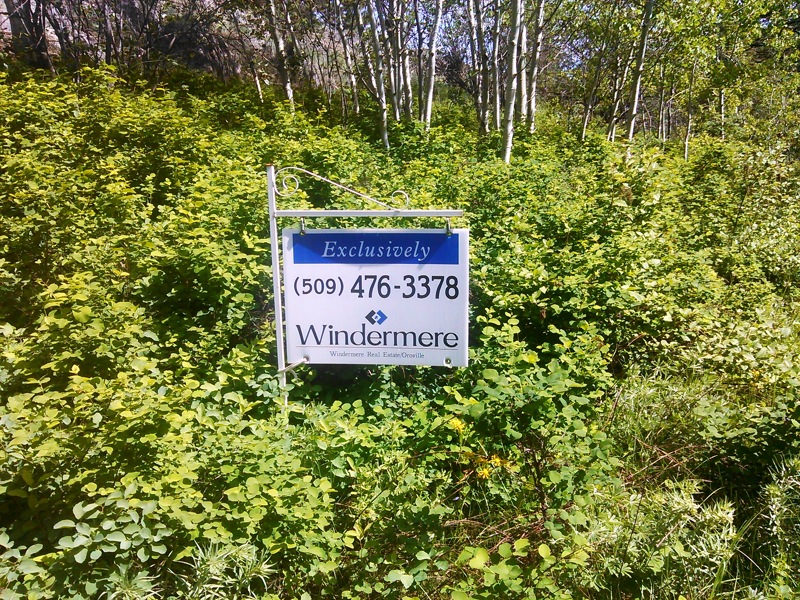
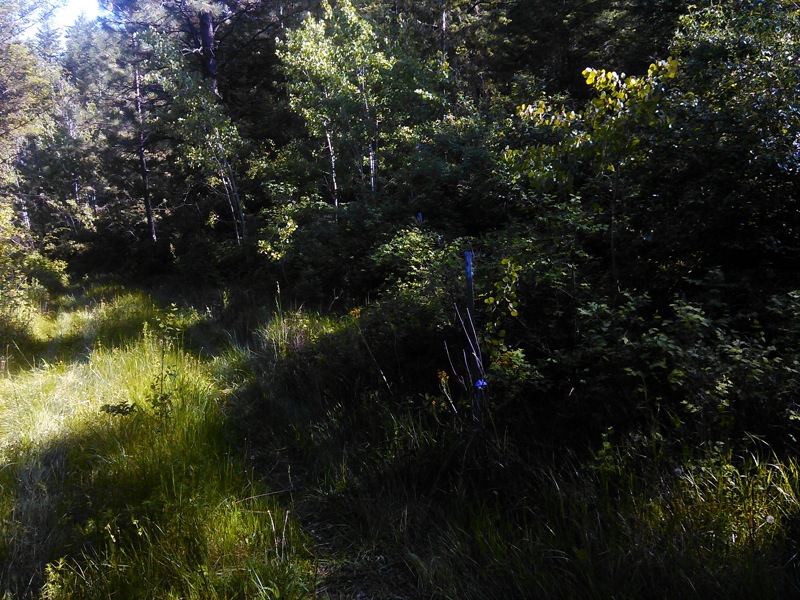
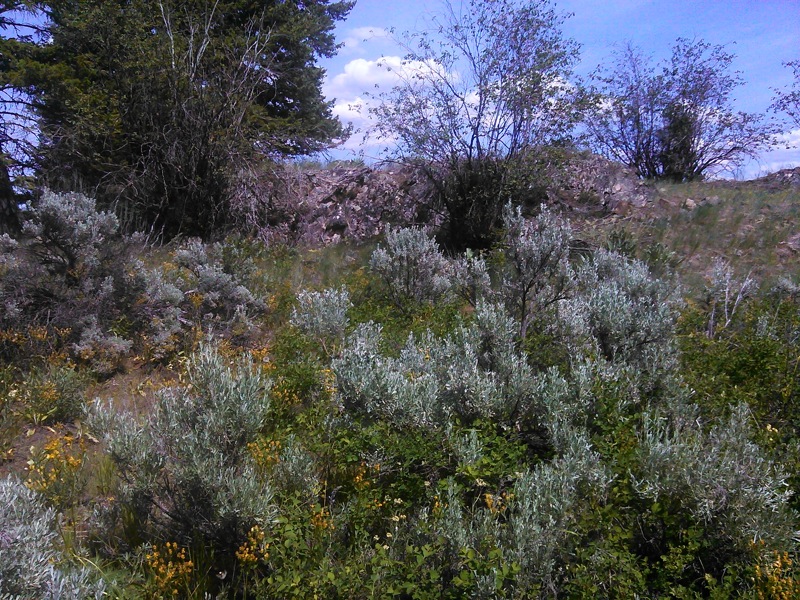
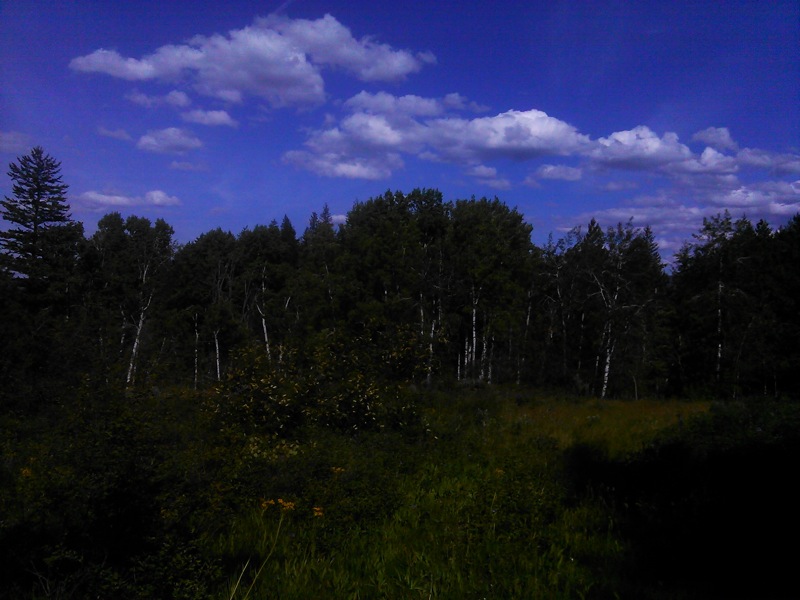
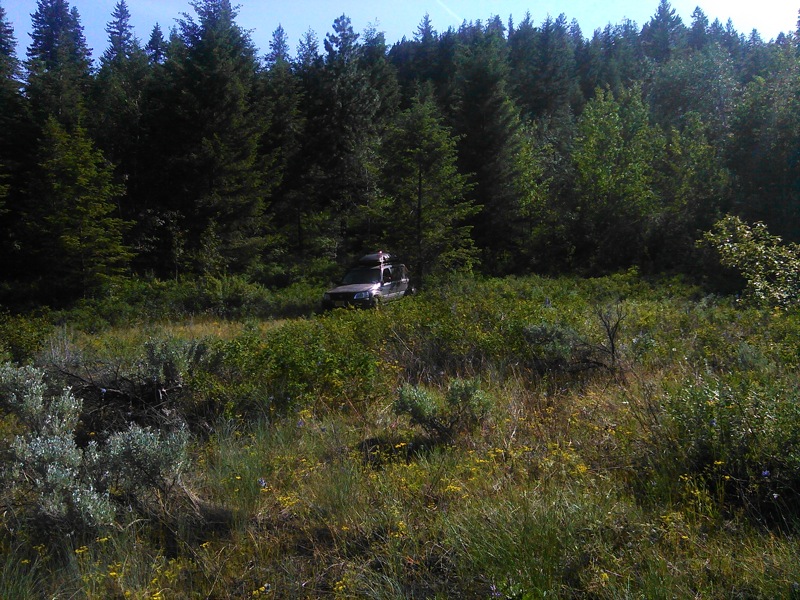
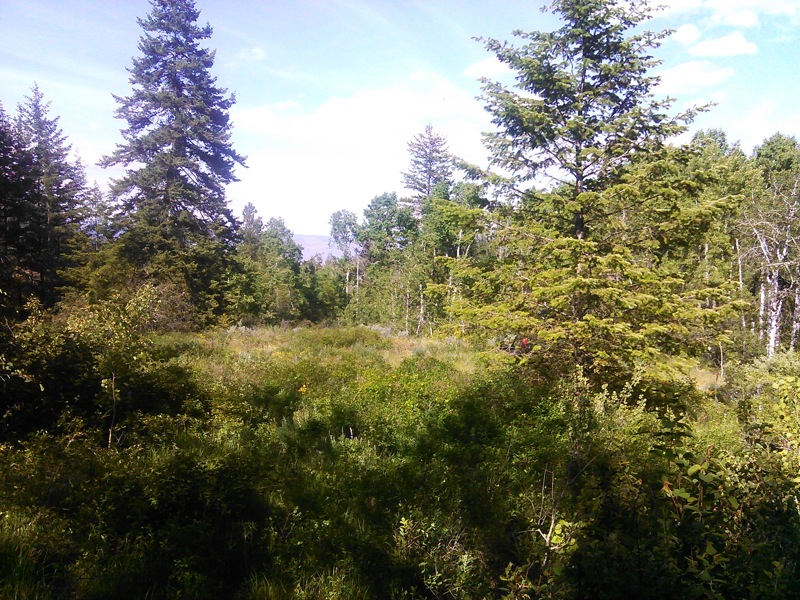
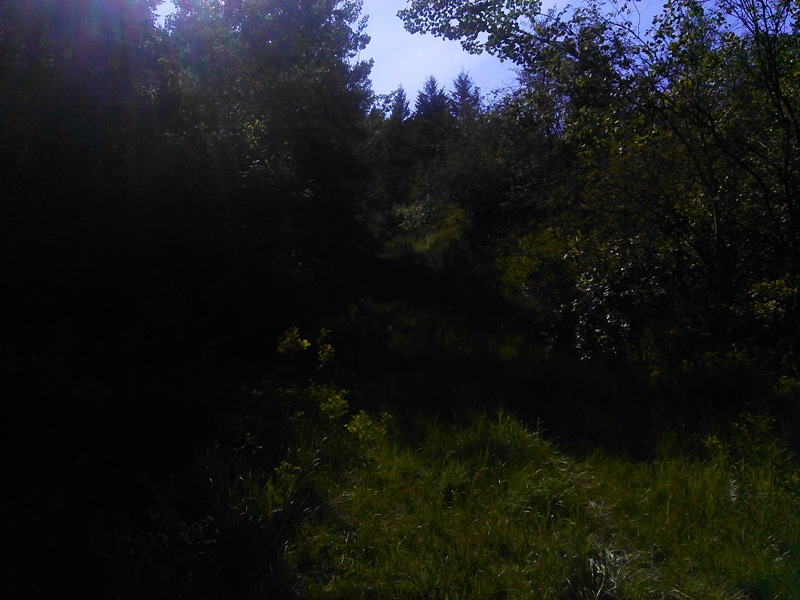
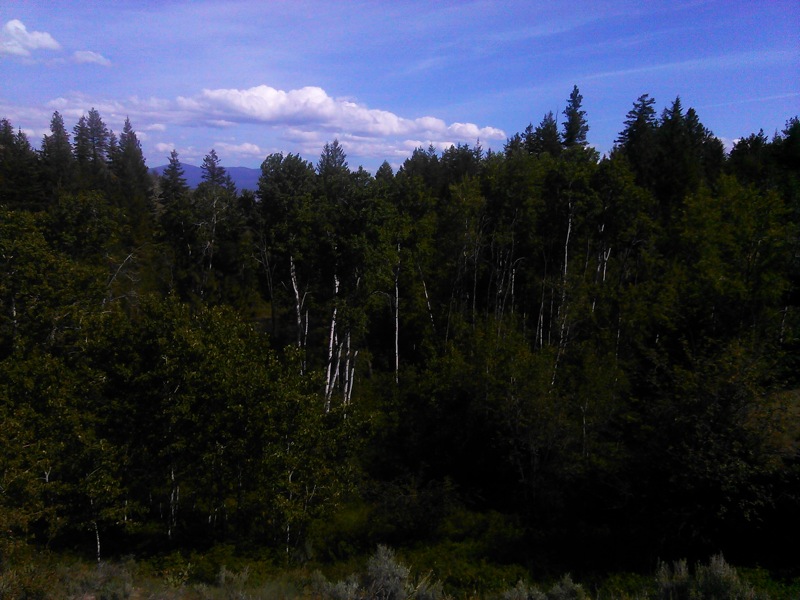
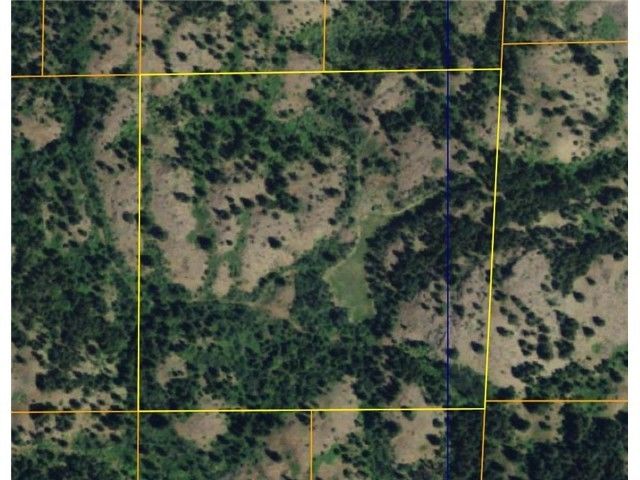

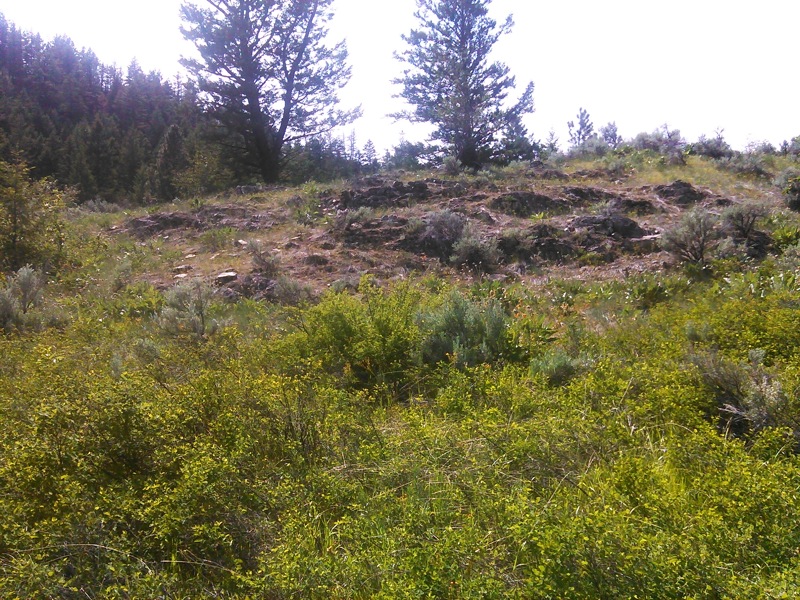
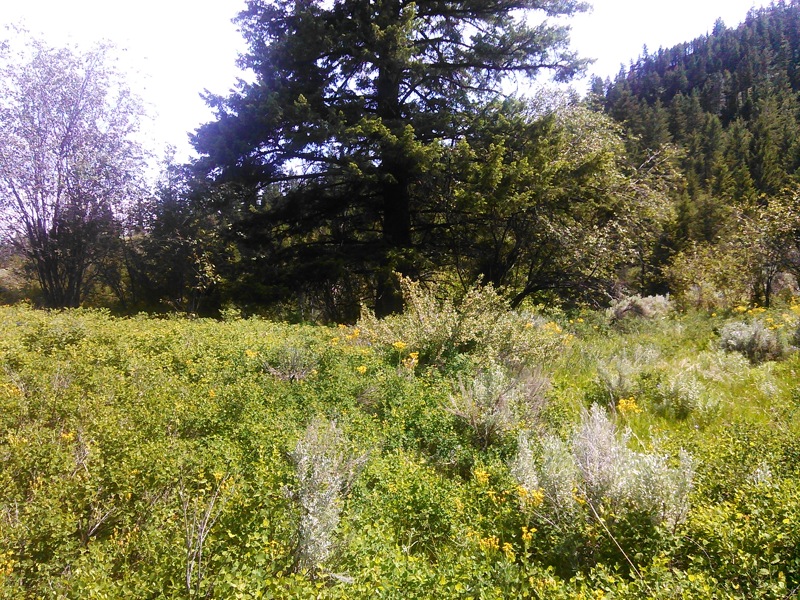
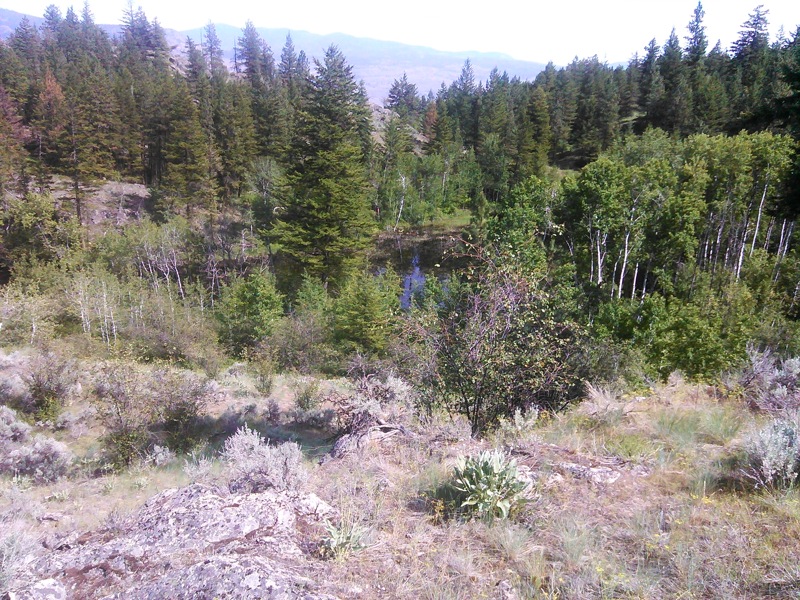
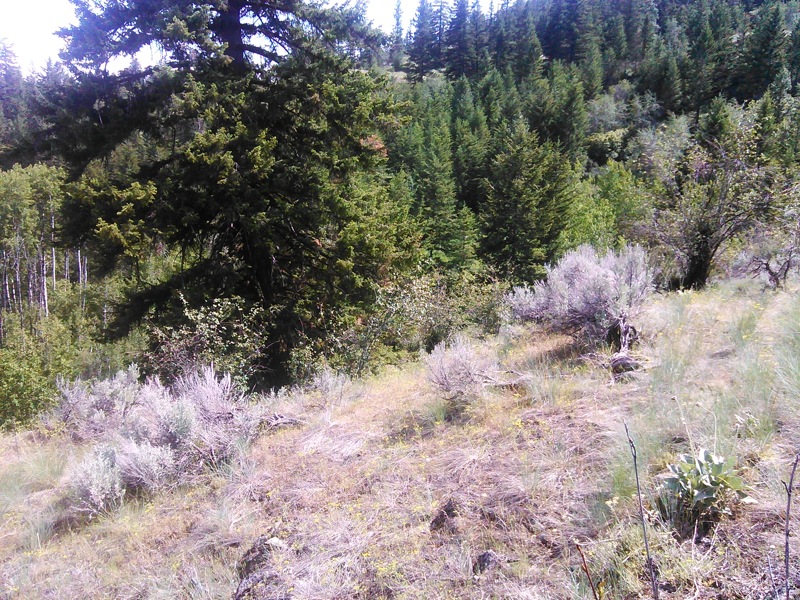
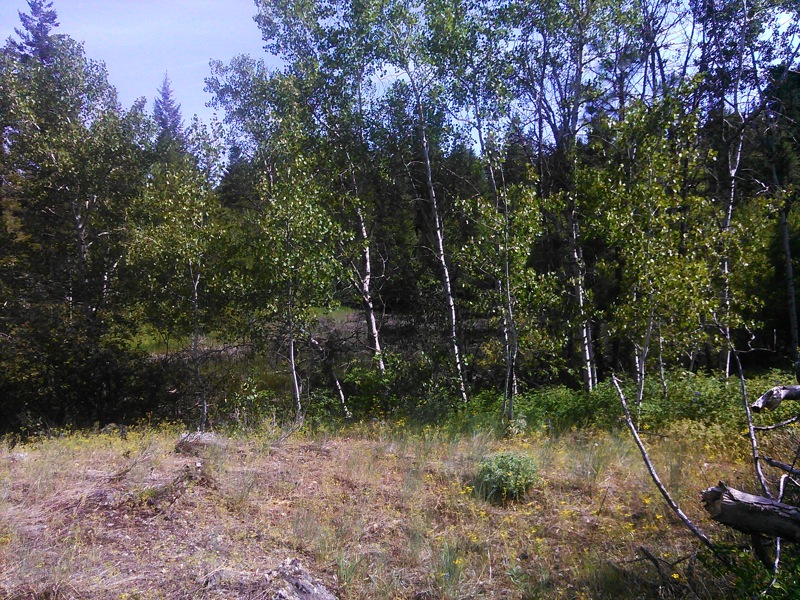
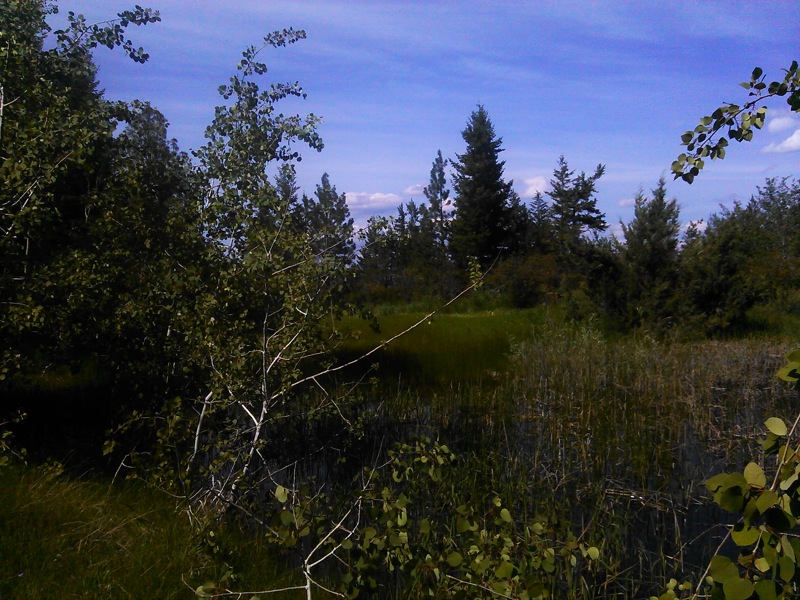
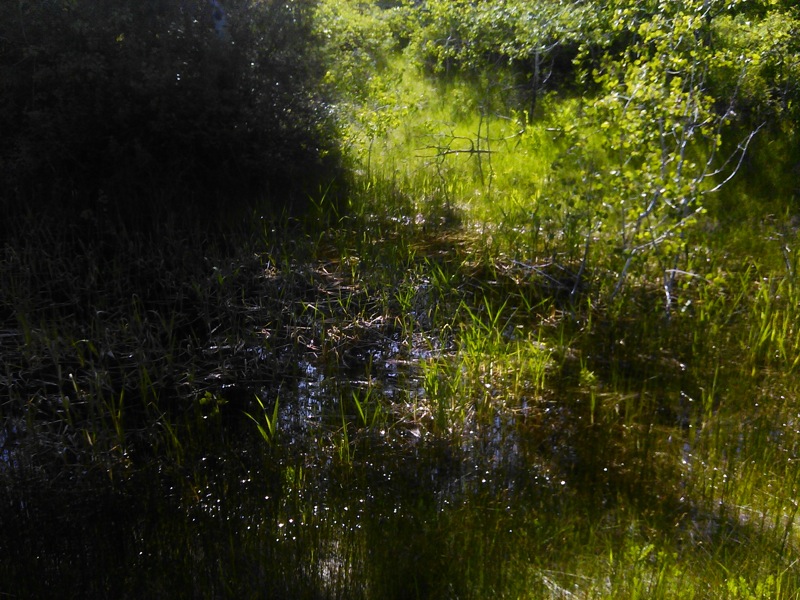
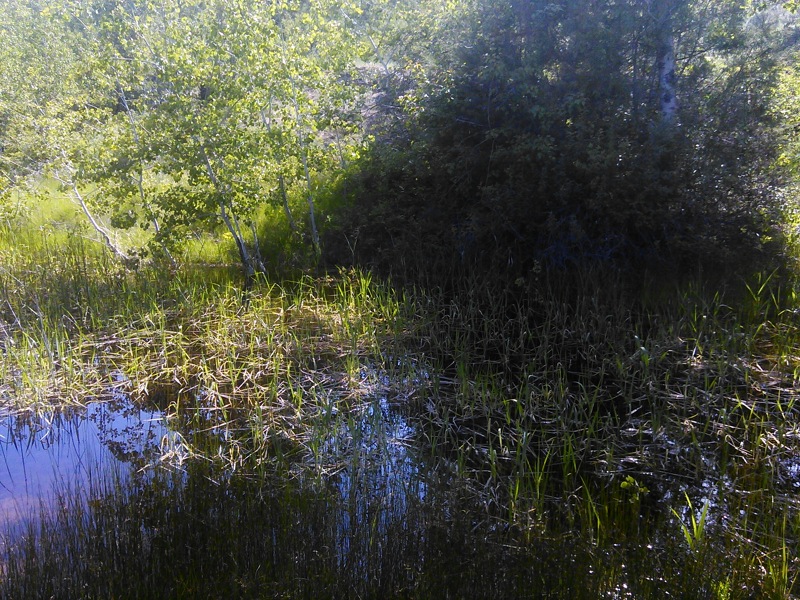
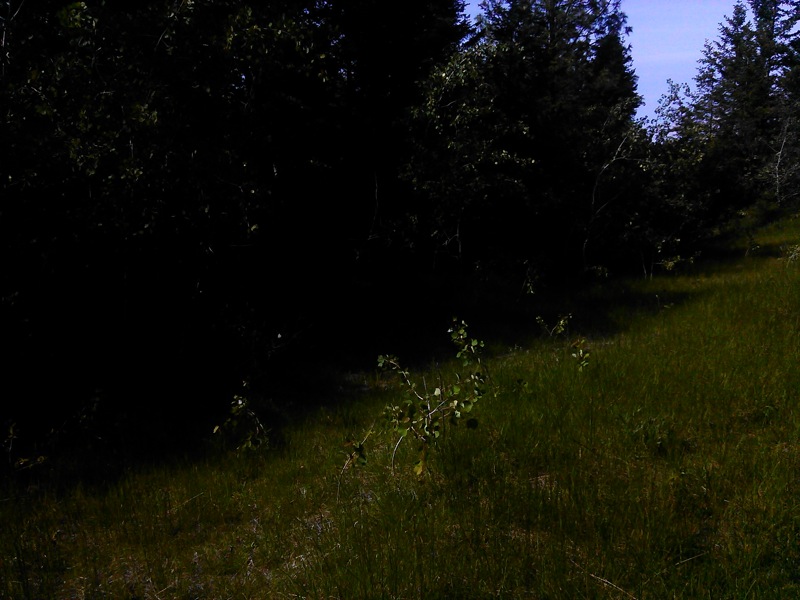
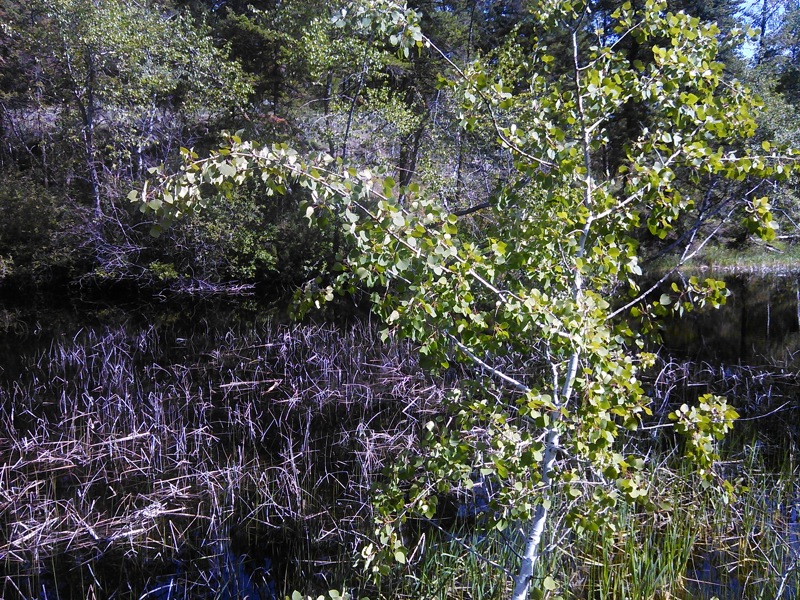
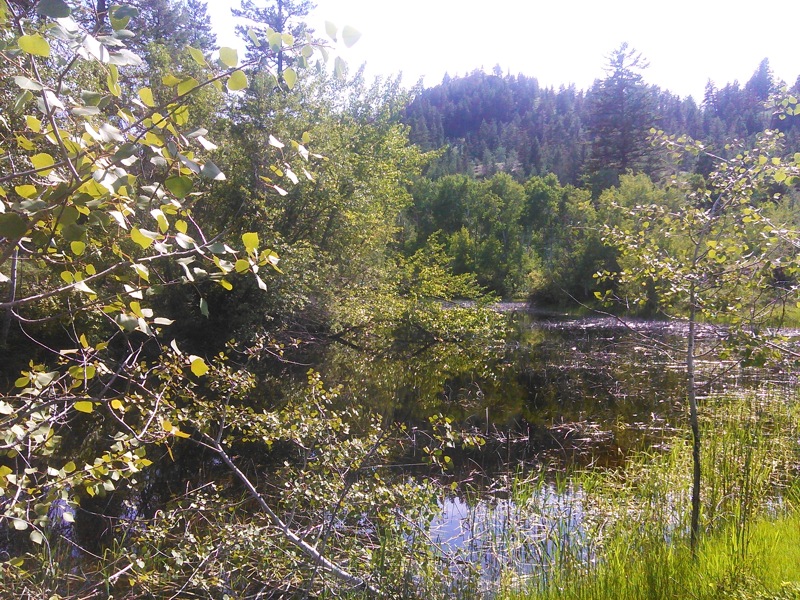
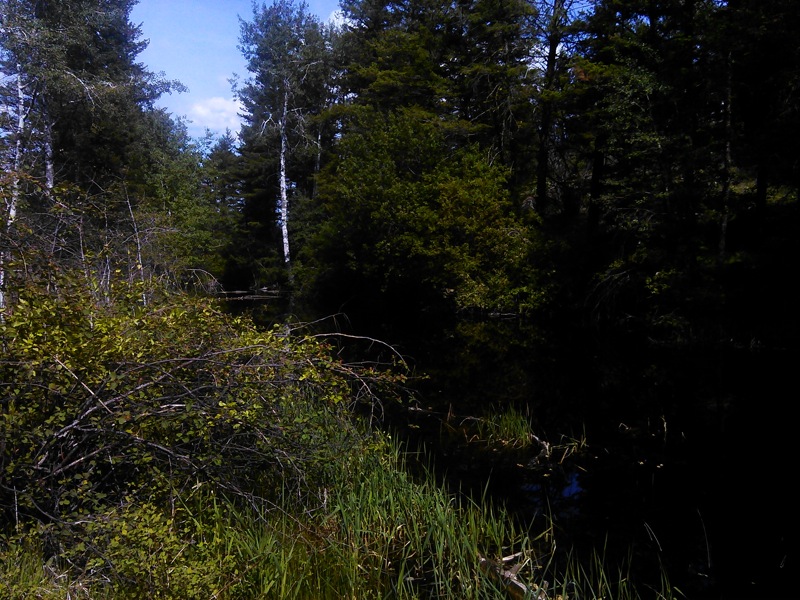
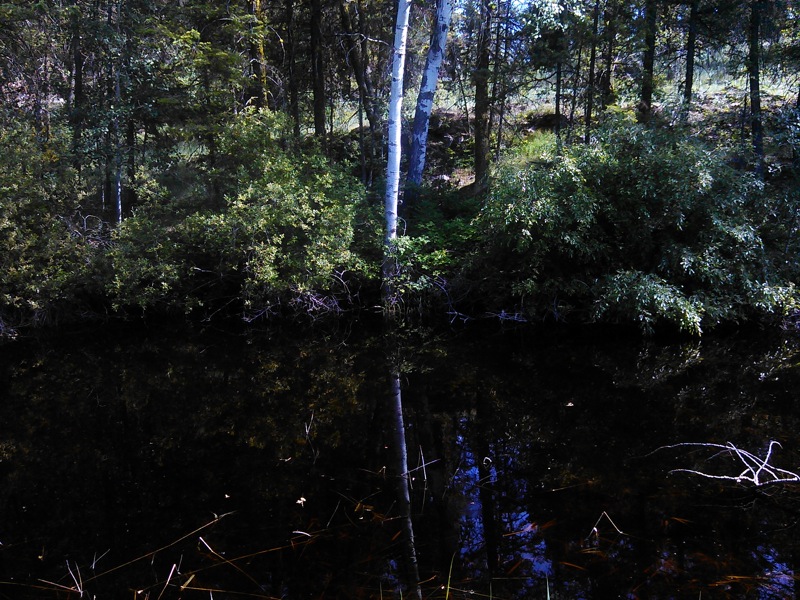
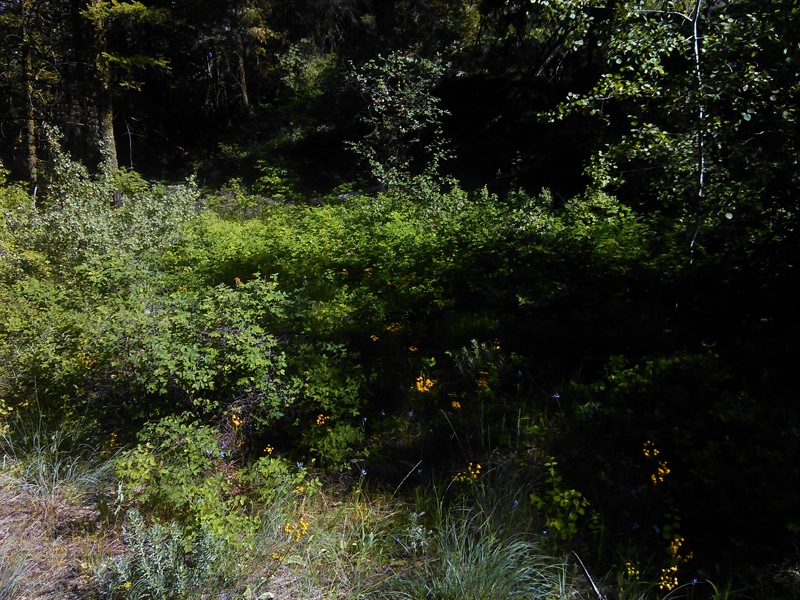
"Where will you drive your own picket stake? Where will you choose to make your stand? Give me a threshold, a specific point at which you will finally stop running, at which you will finally fight back." (Derrick Jensen)
 3
3




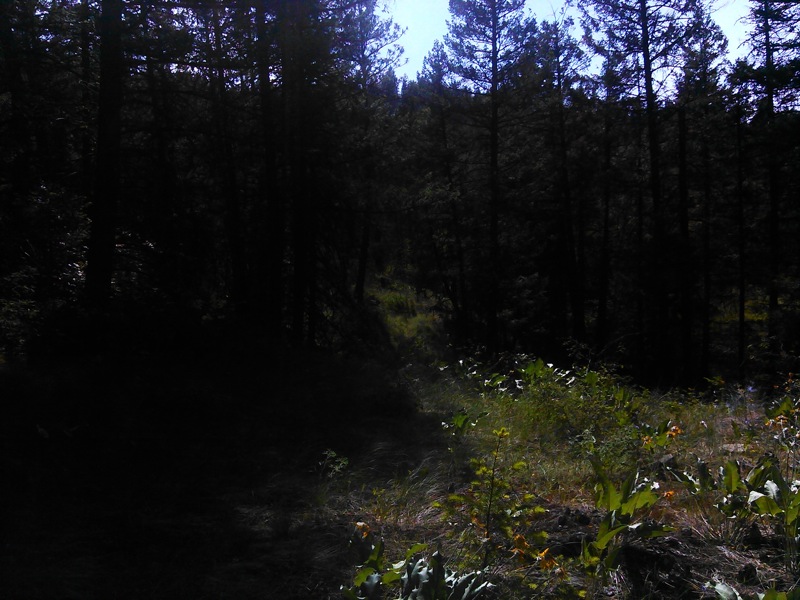
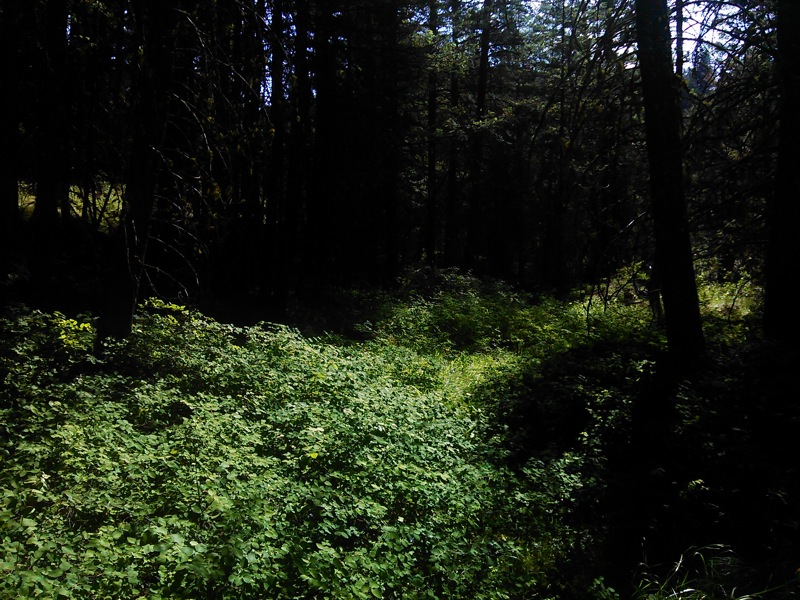
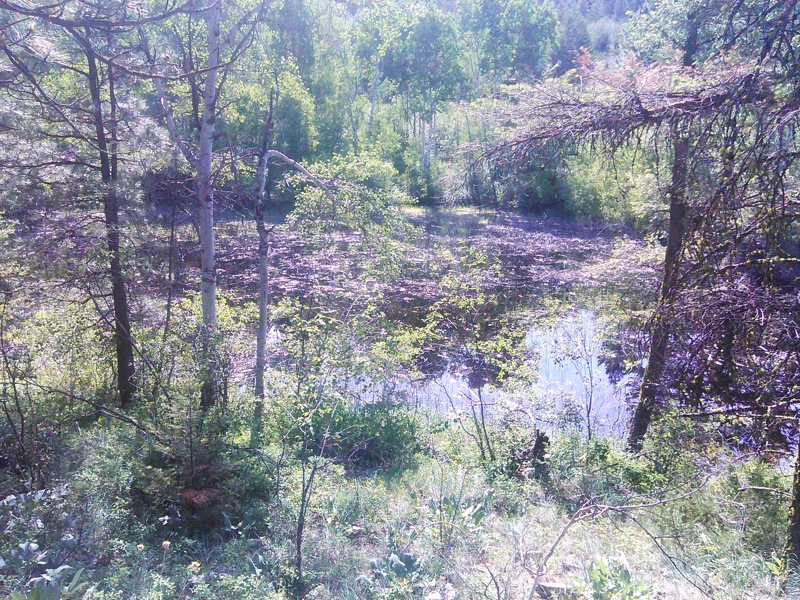
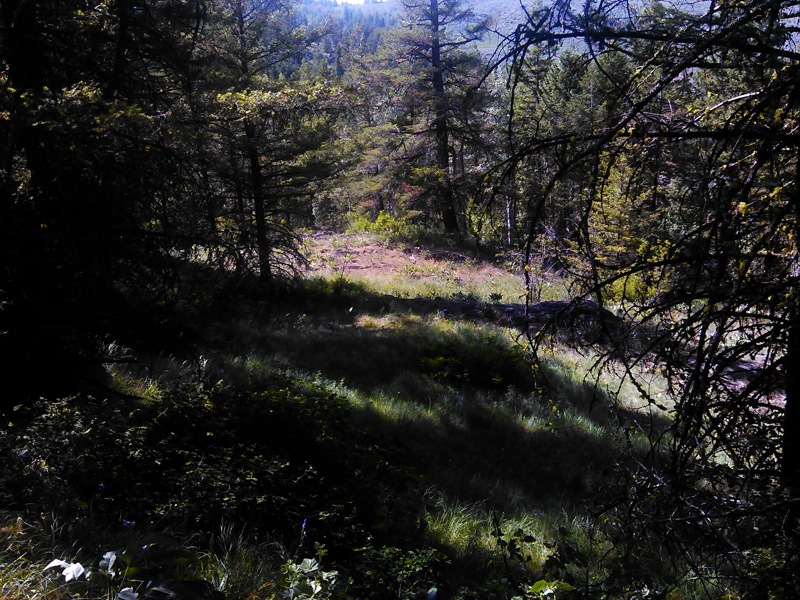
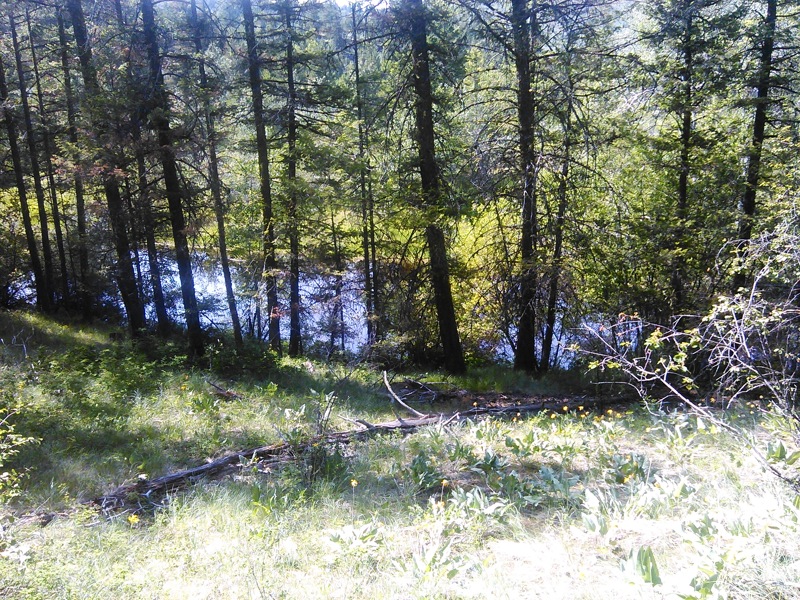
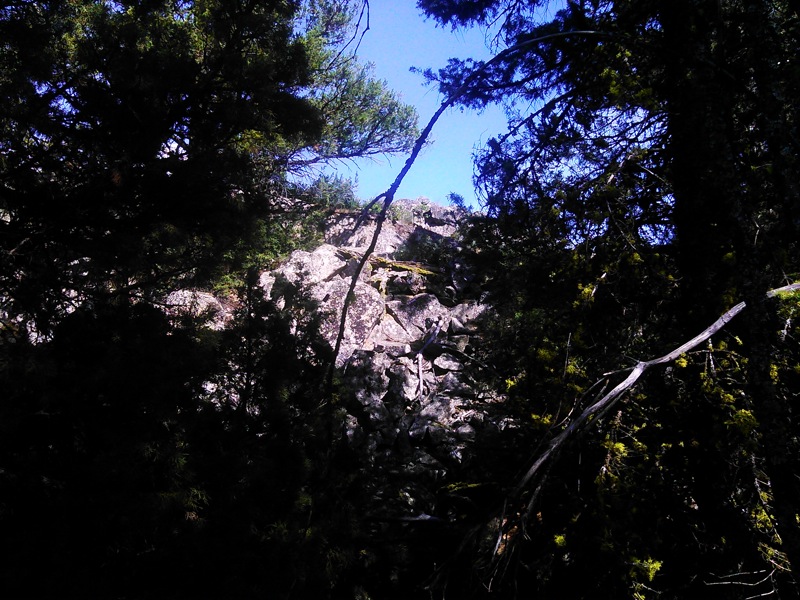
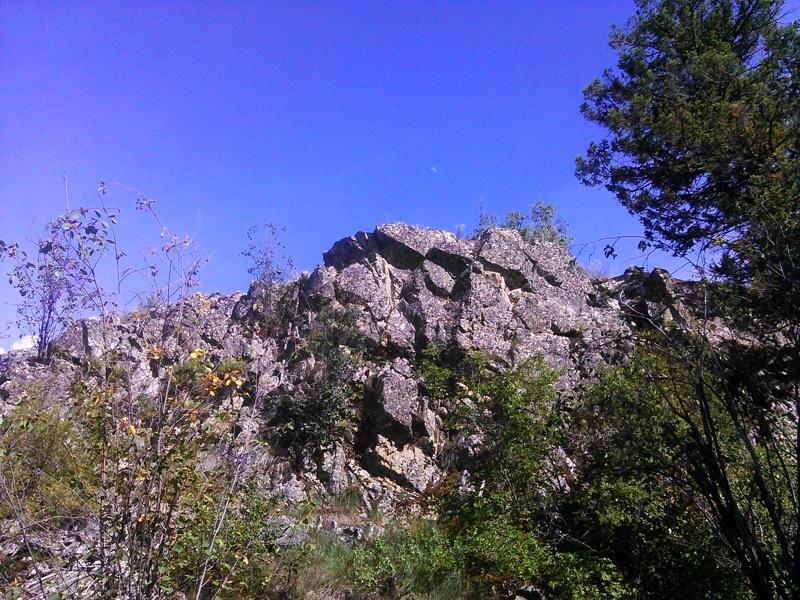
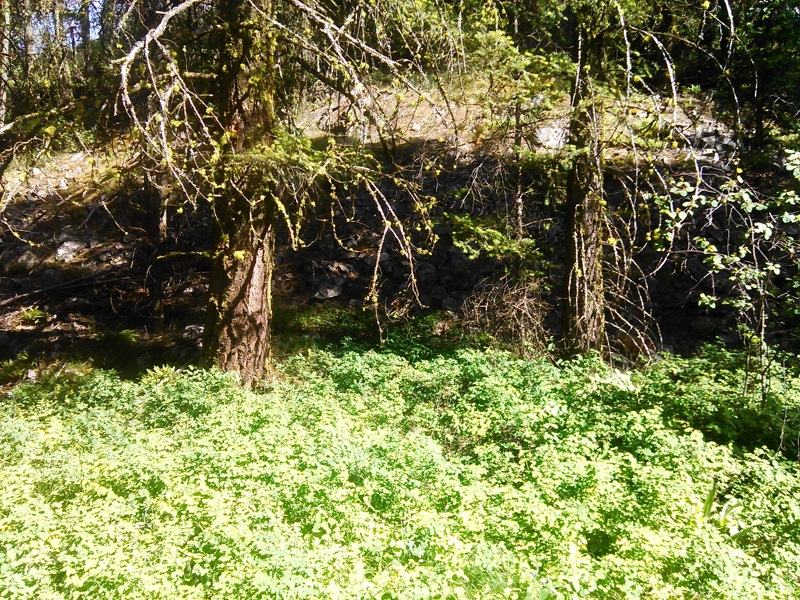
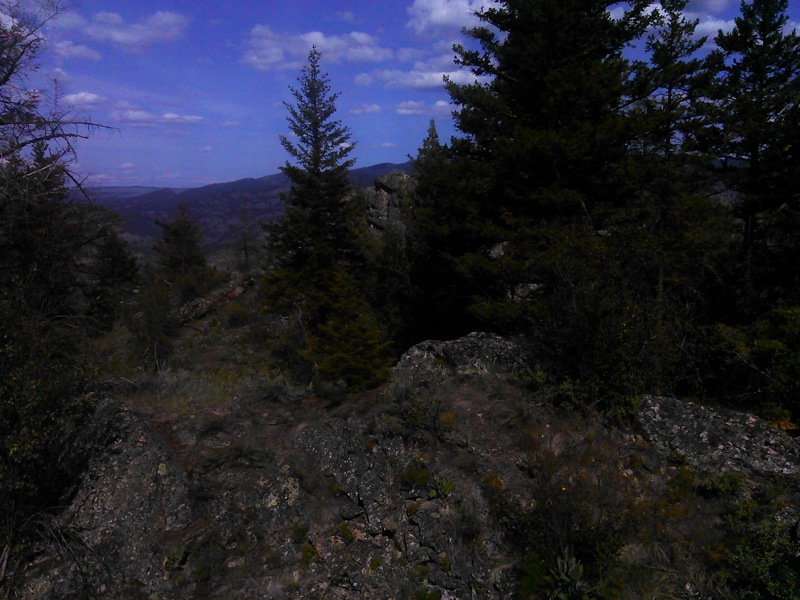
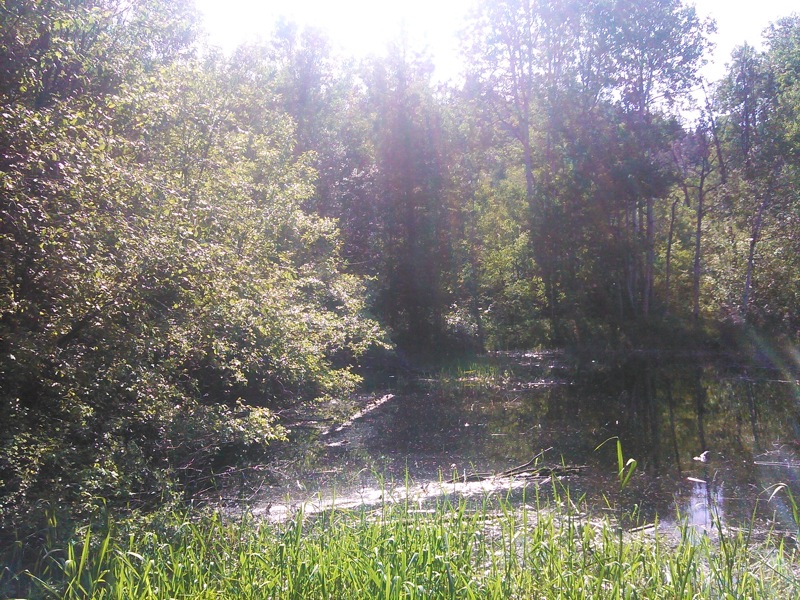
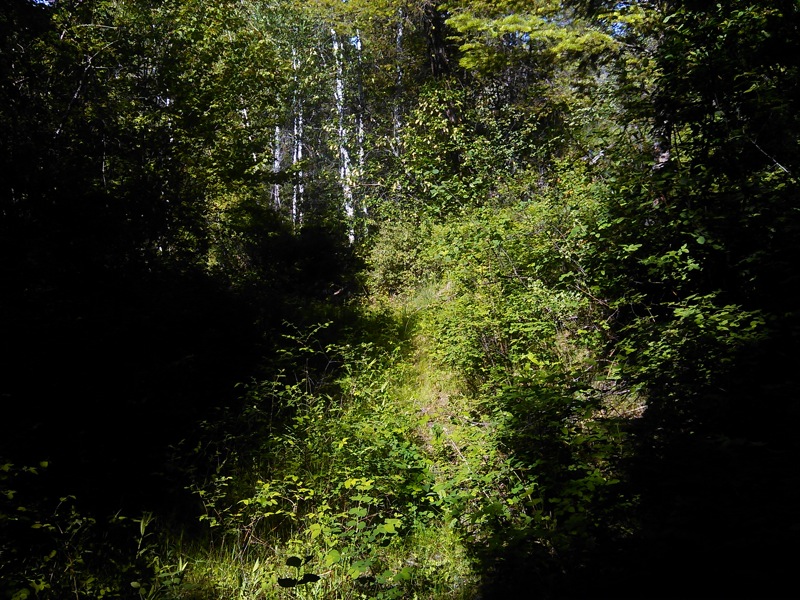
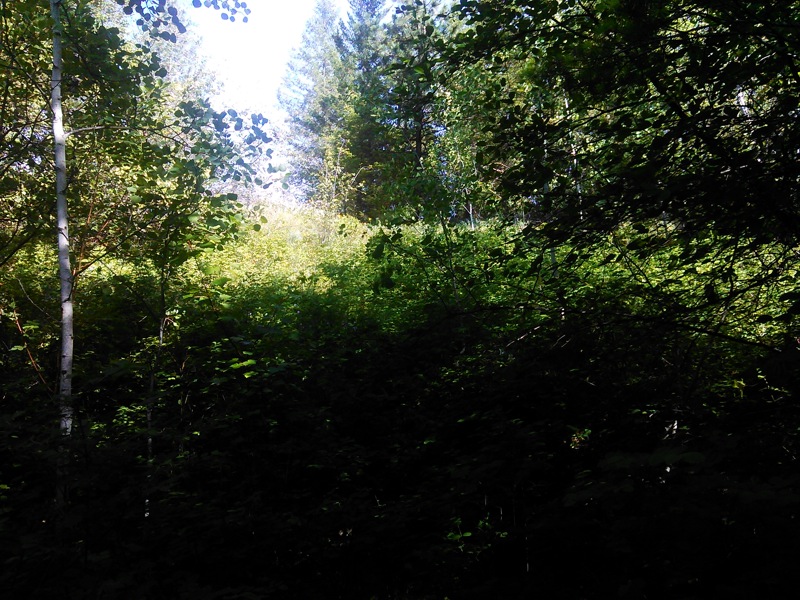
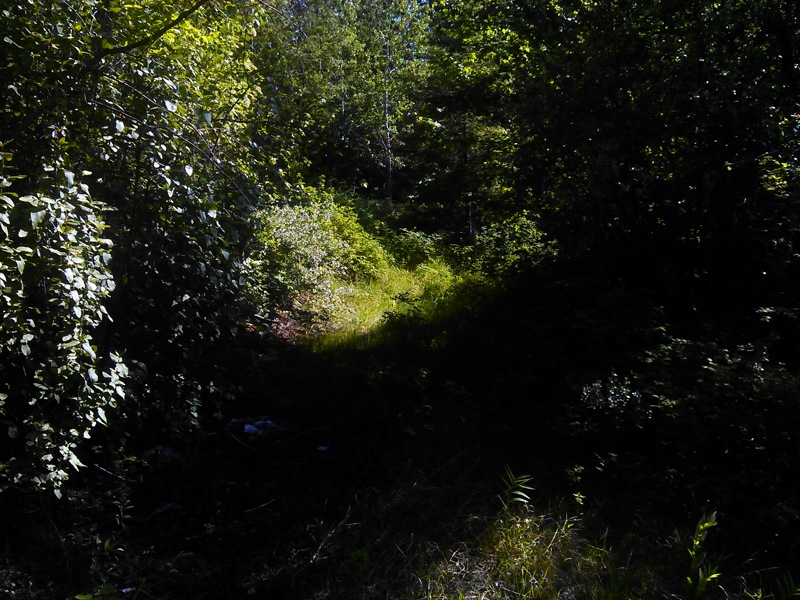
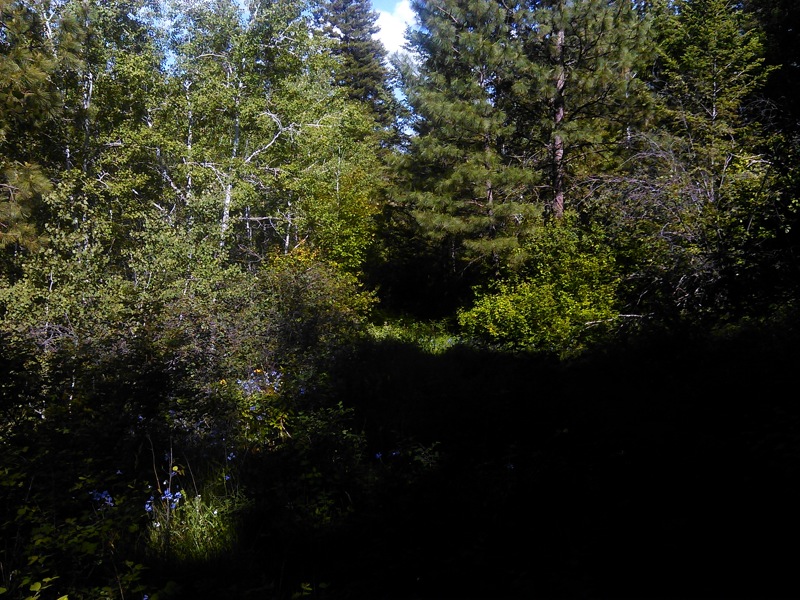
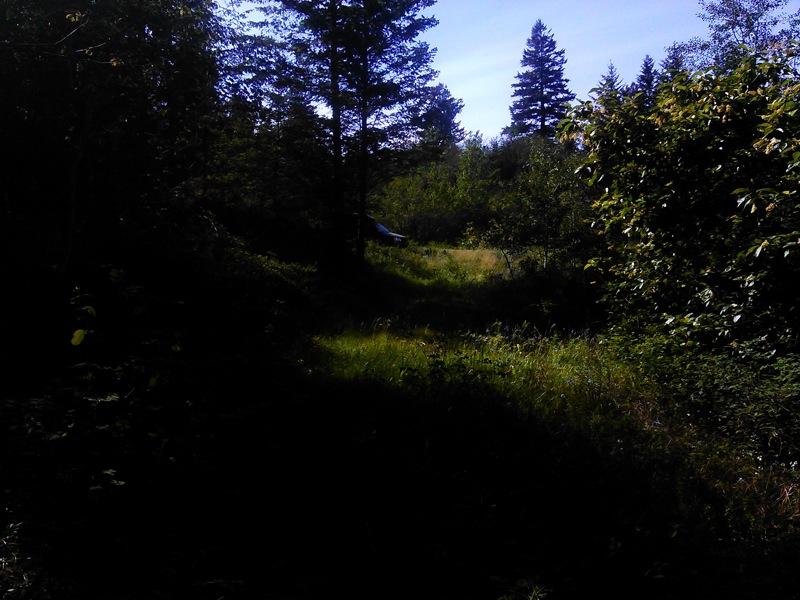
"Where will you drive your own picket stake? Where will you choose to make your stand? Give me a threshold, a specific point at which you will finally stop running, at which you will finally fight back." (Derrick Jensen)
 7
7




"Where will you drive your own picket stake? Where will you choose to make your stand? Give me a threshold, a specific point at which you will finally stop running, at which you will finally fight back." (Derrick Jensen)
 3
3




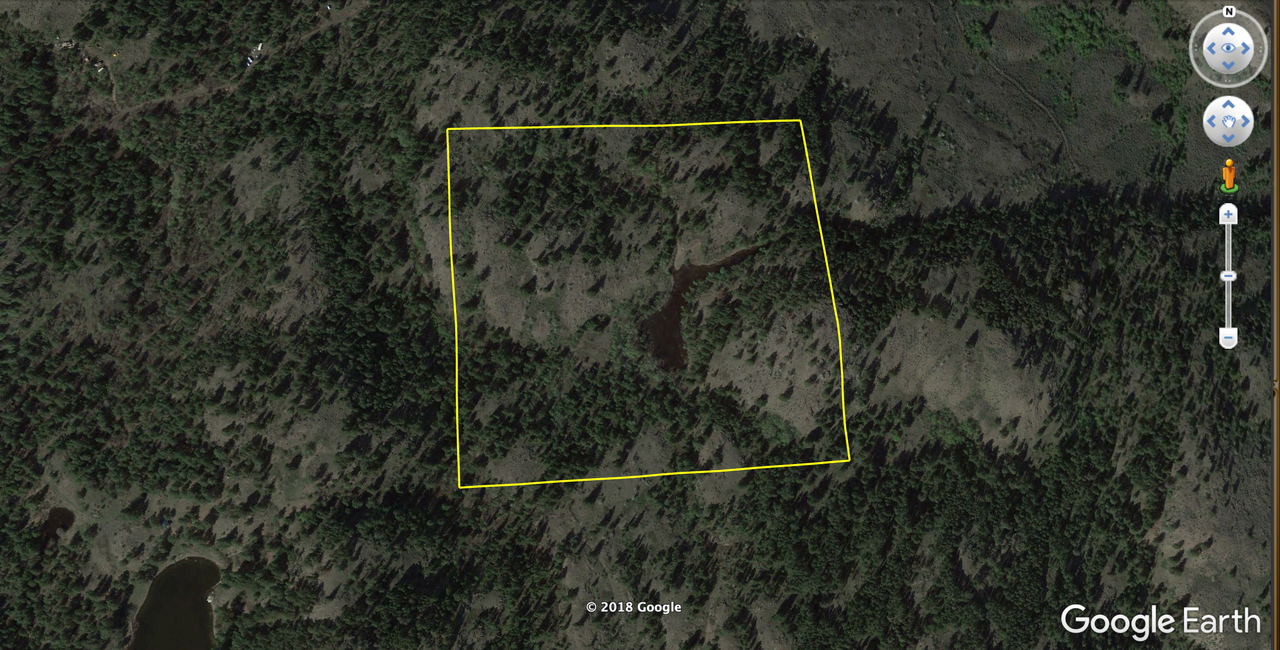
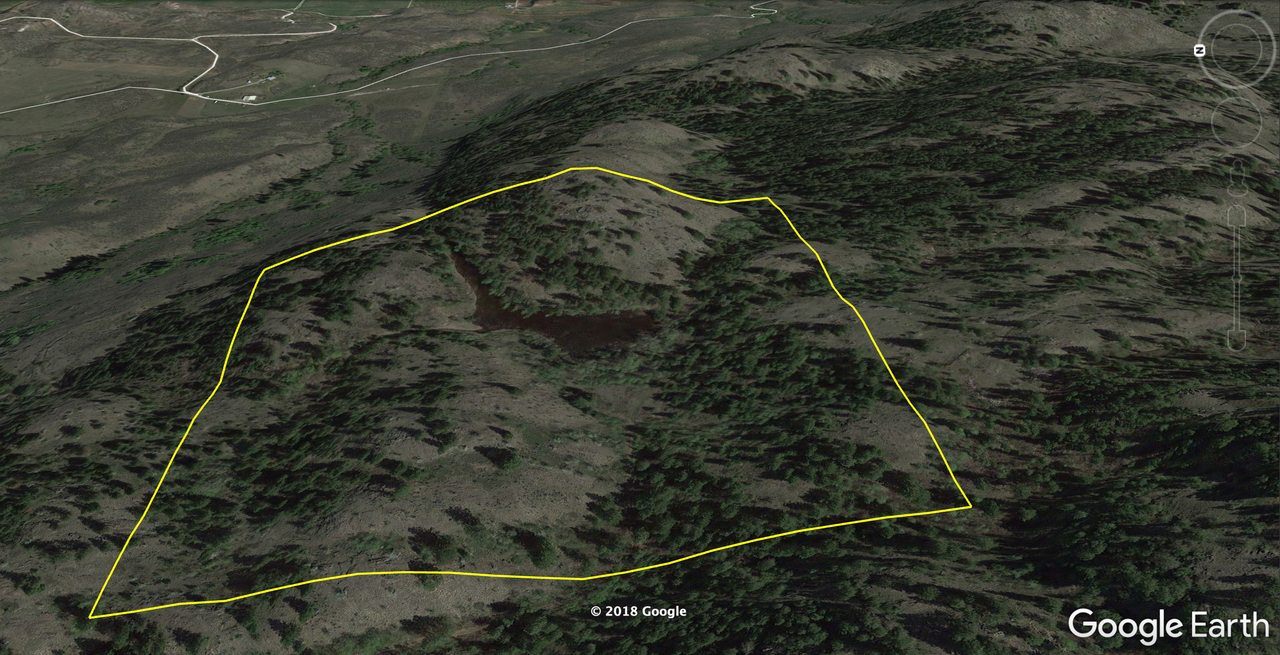
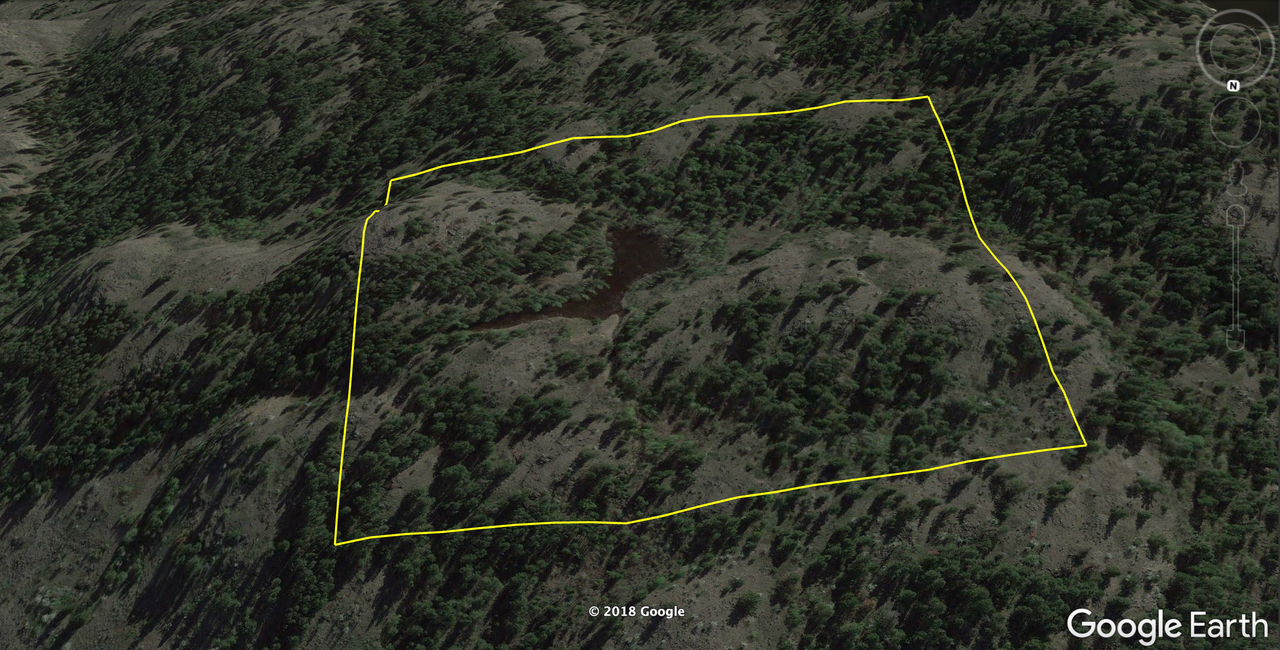
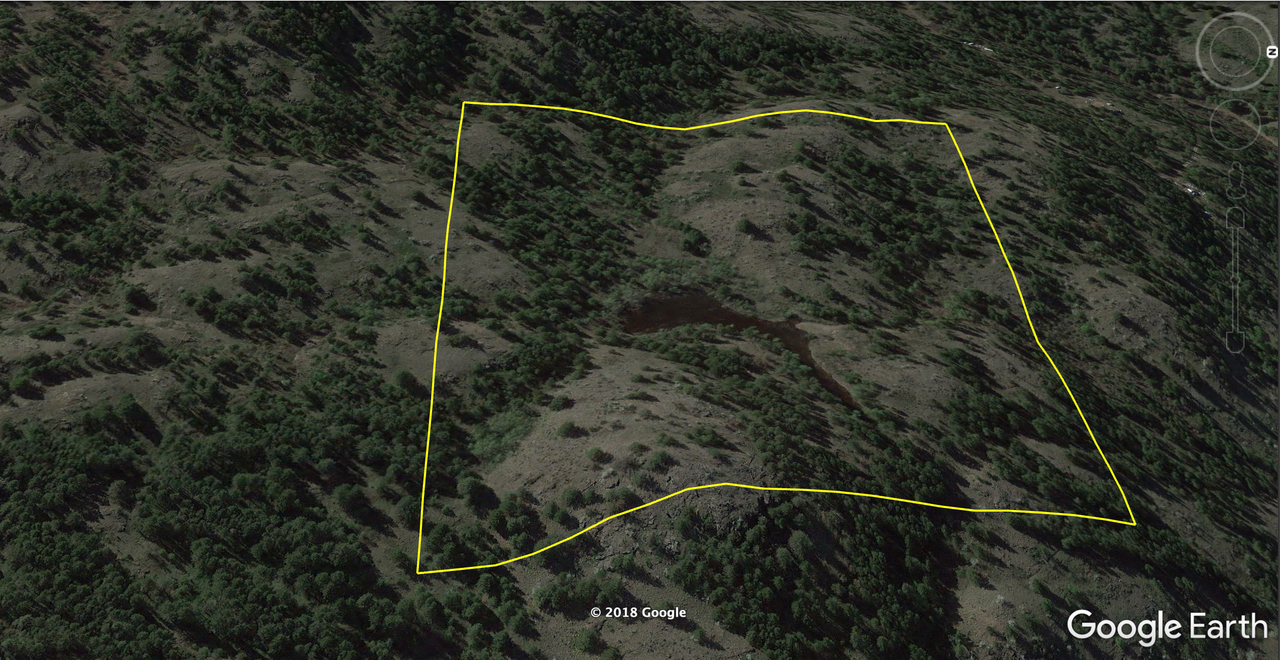
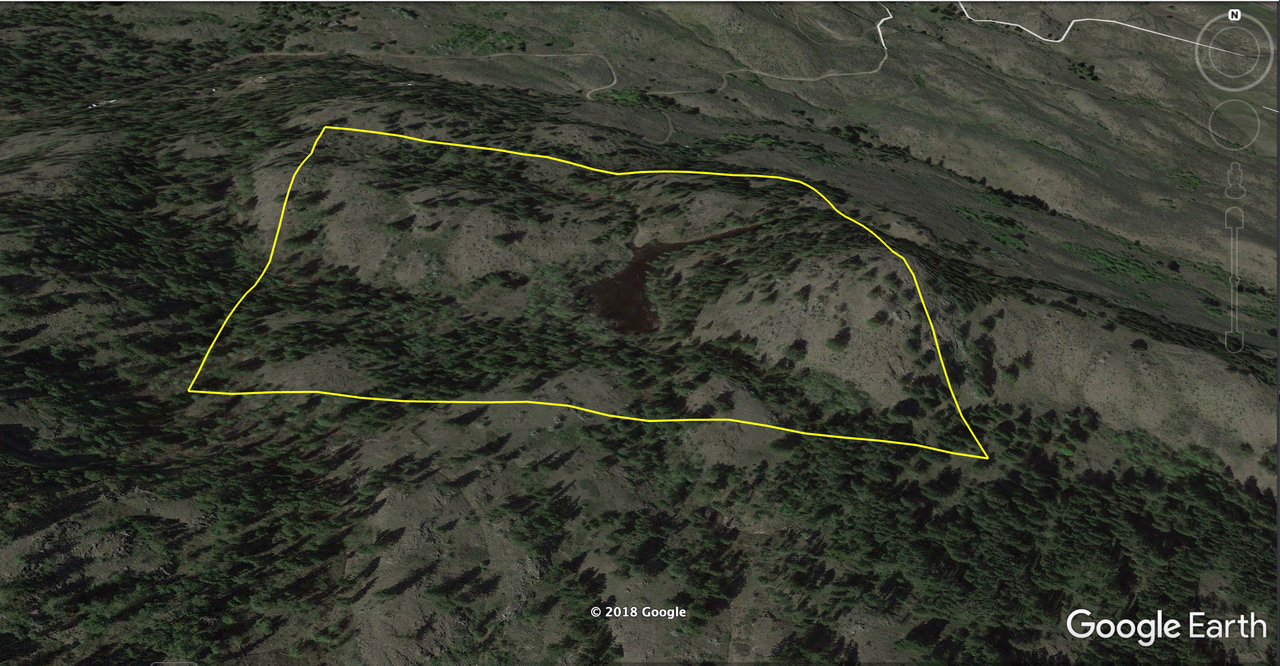
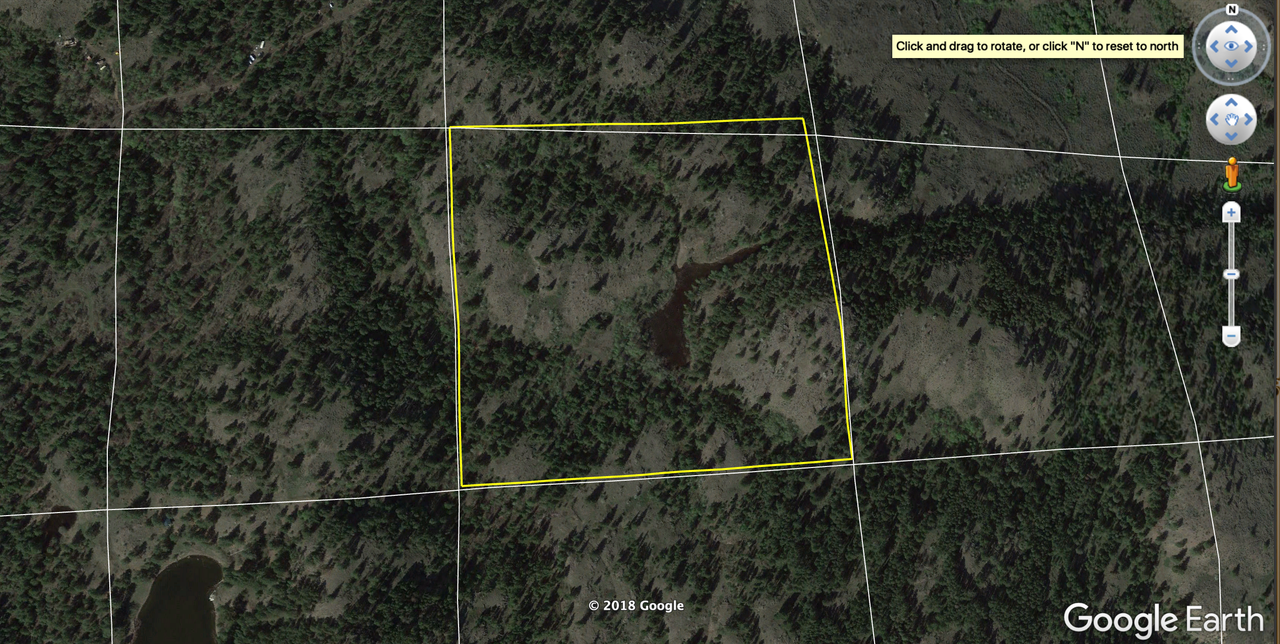
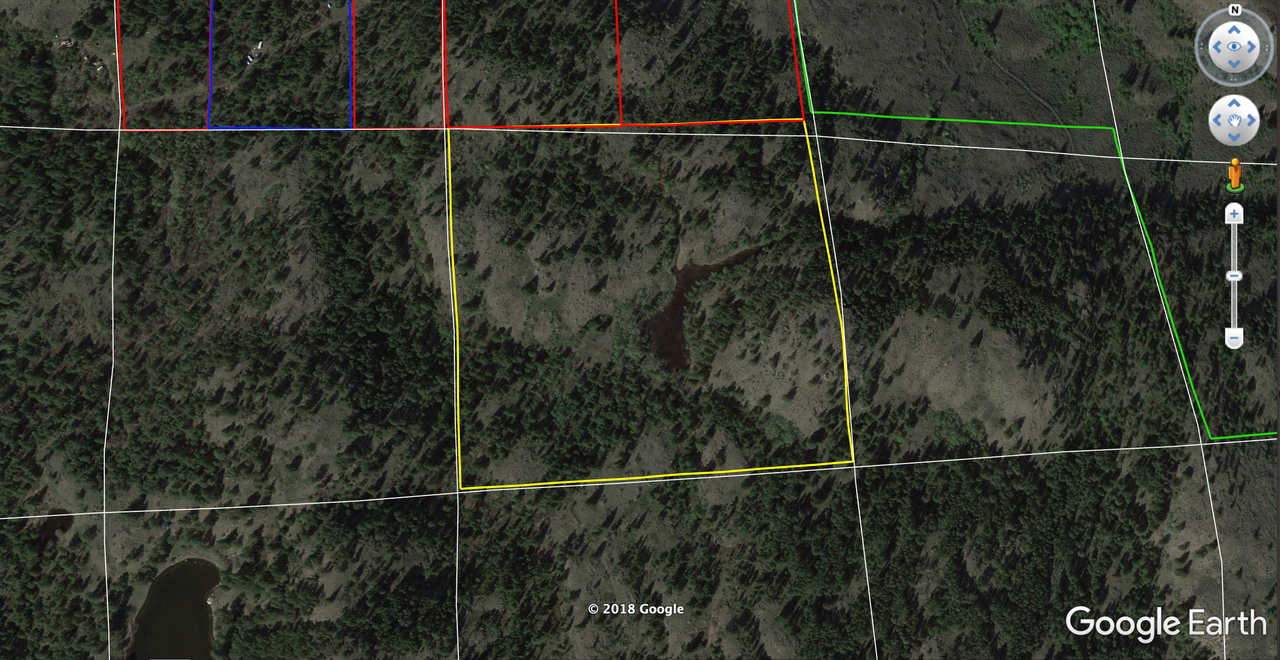
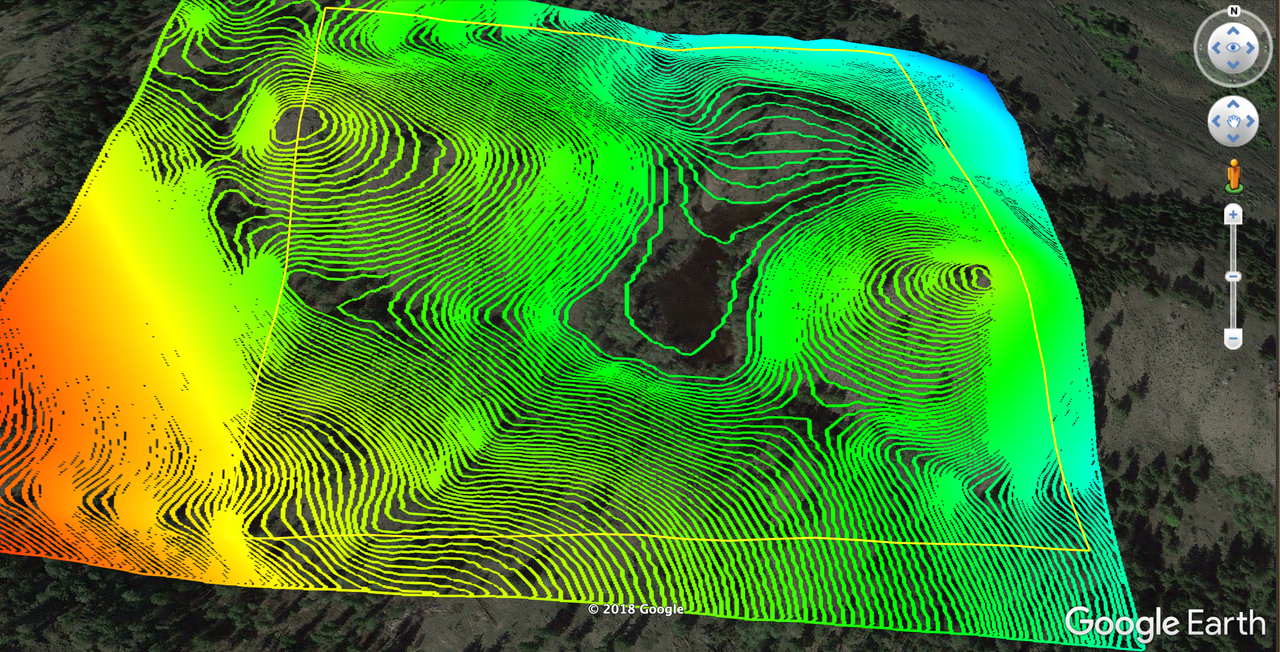
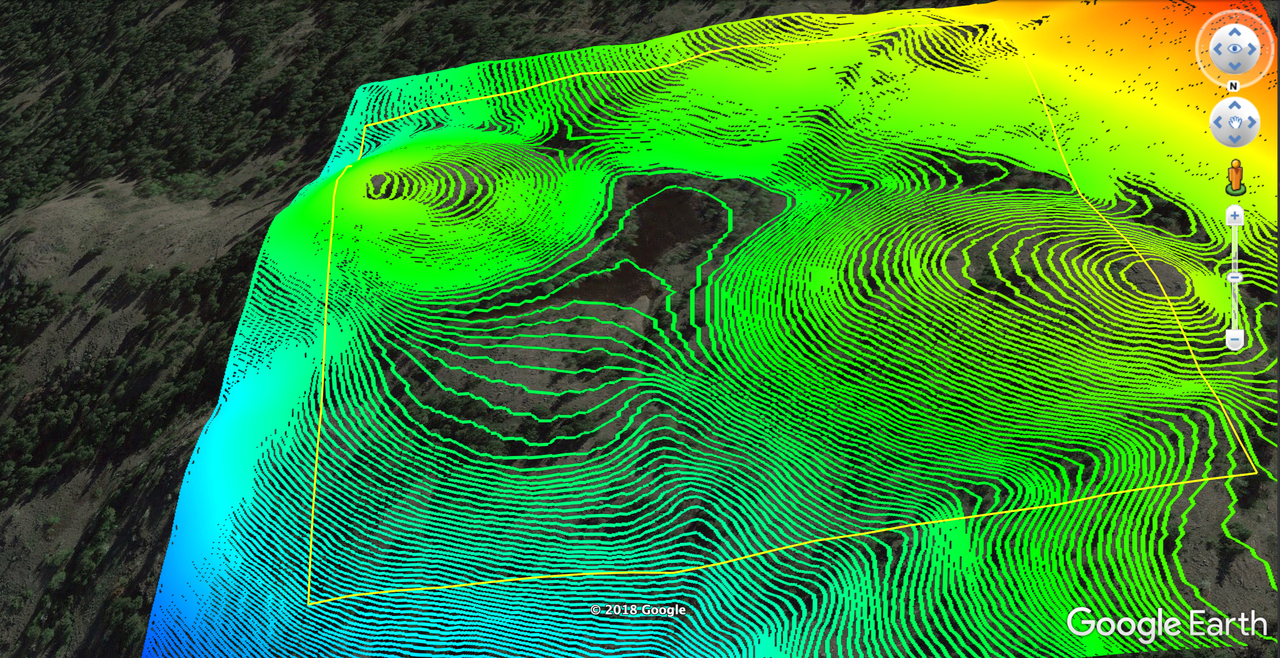
"Where will you drive your own picket stake? Where will you choose to make your stand? Give me a threshold, a specific point at which you will finally stop running, at which you will finally fight back." (Derrick Jensen)
 6
6




Some suggestions, in no particular order but with a mind to where you are and to what you will have access...
1. Go with the tractor for plowing snow over a truck mounted plow. If the tractor goes down you're delayed in doing chores until it's fixed (miserable as it may be you can always shovel the drifts by hand in an emergency) . If you cause the truck to go down you're stuck on the property until it's fixed.
2. Keep spares of the usual suspects that go out on your vehicle and tractor. Starter. Plugs. Fuel pumps. Belts. Hydraulic lines. Know how to swap those parts out.
3. Look in your immediate area and see what is the most common older truck being driven by others living in the boonies. Then get the same truck. Parts availability, is one factor. That the model truck you're seeing everyone drive has been around a few years in that area indicates that it handles the local conditions well. Lean towards diesel.
4. Get a good set of snow chains. CHAINS not cables. There is a difference, one of them being that chains can also help you if you get stuck in mud.
5. Get front and rear hitch receiver mounts, then get a hitch mount winch with remote. And a snatch block. Many things can be done with this, not the least of which is self recovery of your vehicle.
6. Get a second vehicle as a backup form of transportation.
7. Do not buy used chainsaws. They tend to be used up. Everyone has their preferences, mine is a Husky 460 Ranch&Farm model with a 24 inch bar. Get a smaller one as well for lighter tasks (some of the new battery saws from Husky look promising).
8. Whenever possible, fell trees by winching them over rather than cutting them (unless leaving the stump is desirable for some reason). This gets rid of the stump and roots and will be a hell of a lot easier than felling the tree THEN trying to dig up/blast/or grind out the stump. I recommend the Wyeth-Scott Amsteel Power Puller with amsteel rope and a snatch block.
9. Put some chain on the front of your powered winch cable when you use it. If steel cable parts (breaks) under load it can whip back and remove limbs, maim, or kill you. Or put holes in your truck. Very bad mojo. When a chain link fails it just breaks and drops to the ground, the energy expended right there.
10. When using a chainsaw, helmet/ear pro/face shield......every damn time. Google chainsaw chain injuries to head and you'll see why.
11. Wear chainsaw chaps (Kevlar) every time. Period. See above^
12. Stand on the opposite side of a felled tree when limbing it. If you screw up you have the tree between you and the axe/saw.
13. Get lots of spare chains.
14. Check out Lister 6/1 engines, they're very old school diesel engines that are great for back up generator work. Tricky to get a hold of now, but possible with some research.
15. Get a big propane tank on site. Think propane stove, propane water heater, and propane for a backup generator (not the lister). Propane doesn't go bad.
16. Get an above ground diesel tank. Actually, get two. One for vehicle fuel (tax paid) and another for off-road (no tax, dyed red).
17. Greenhouse. Build one. I suggest a geodesic dome type in order to better deal with the wind and snow load there. Look into rocket mass heaters to heat it in the wintertime.
18. Look up slow sand filters. Also look up hydraulic ram pumps. Mix the two to exploit the water flowing out of your pond as a water supply for your home.
19. If you do screw up while working on the pond and break the seal, get pigs and use the Sepp Holzer technique for sealing a pond,
20. Seeing as you get so little rain, check out Sepp for his use of swales as well. This is also why you'll want a tractor.
21. Look in to aquaponics, run the pump off a PV panel and an NiFe battery. Will save you water...yes, I see the pond, but you will have drought years and will want/need that water for other things.
22. Stock the pond with fish. Check around, some states will help foot the cost of that.
23. Start planting fruit and nut trees right away. They take time to mature.
24. Consider getting some beehives, even if you don't want the honey. Great pollinators. Also a great place to hide a spare key. Google "eastern european bee house" if you have bear issues/concerns.
25. Install a sprinkler system on your roof (which should be metal given where you're living). Ditto around your immediate yard near the house. Use it to wet everything down if there are any brush fires nearby.
26. Look at the lay of your land and the neighboring areas....look at vegetation, ect and figure where you may someday need to make a firebreak. Planning now makes dealing with it later easier. Chainsaw, winch, and controlled burn (from both edges to the center).
27. Trailer mounted water tank with pump....many uses, but putting out a fire is the important one. Get some good fire hose. Ask Dannus for advice.
28. Dig yourself a few cold cellars. Also good as storm shelters or (FSM help you, fire shelters).
I may have more stuff later, this was just off the top of my head.
OH! I almost forgot.....
Your house!!!
I'd suggest either going with insulated concrete forms if you can get a readi-mix truck in there and can afford the materials, or go attend the LHBA (Log Home Builders Association) class in Las Vegas. I went, and while I already knew the basics I picked up enough tips and tricks to make it worthwhile....and for you you'd also be very likely to get a crap ton of free labor from other members...lot's of them in your area and they like to help each other out with building. Costs $750 for the two day class, well worth it.
"Where will you drive your own picket stake? Where will you choose to make your stand? Give me a threshold, a specific point at which you will finally stop running, at which you will finally fight back." (Derrick Jensen)
 1
1




 1
1




"Where will you drive your own picket stake? Where will you choose to make your stand? Give me a threshold, a specific point at which you will finally stop running, at which you will finally fight back." (Derrick Jensen)
 3
3







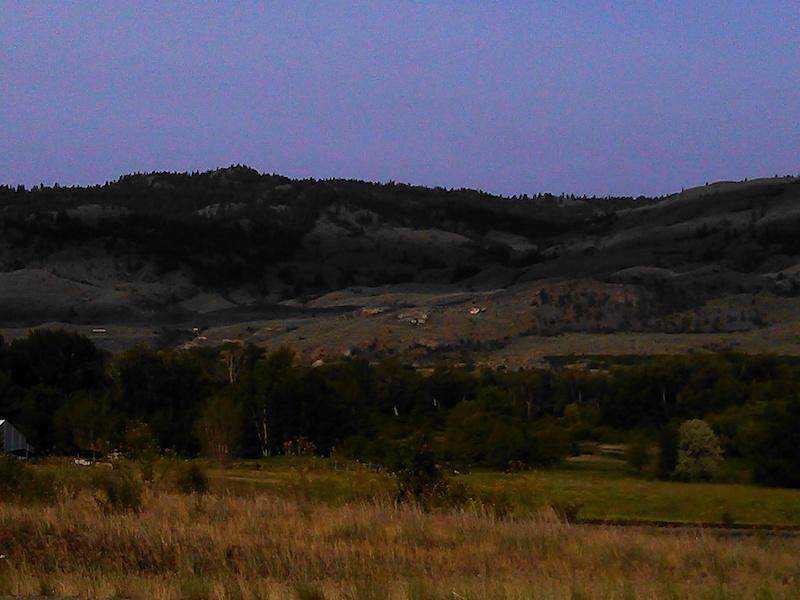


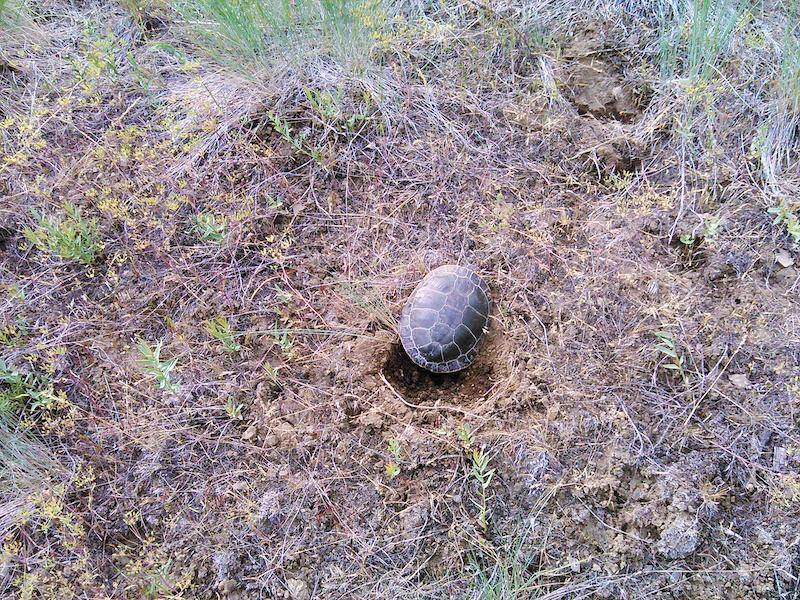
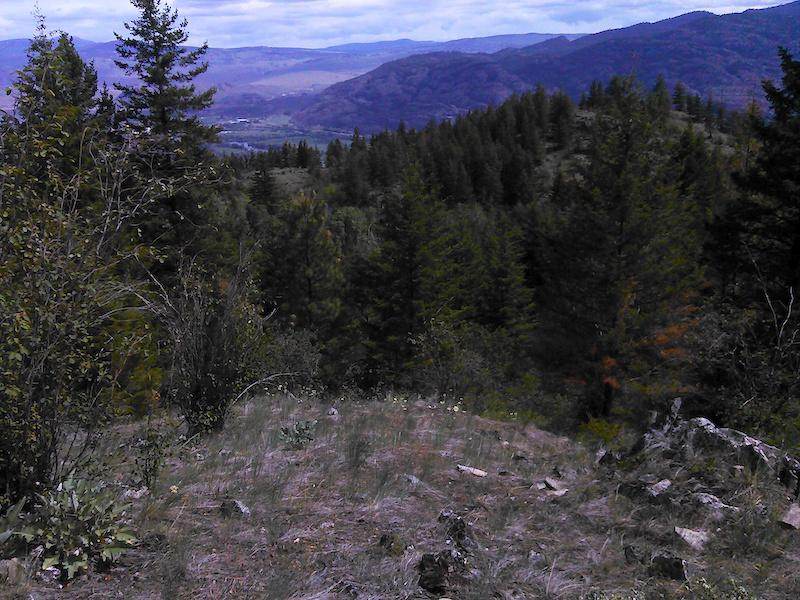




"Where will you drive your own picket stake? Where will you choose to make your stand? Give me a threshold, a specific point at which you will finally stop running, at which you will finally fight back." (Derrick Jensen)
 2
2




 2
2




Rufus Laggren wrote:Getting to know your neighbors and the "neighborhood" is pretty much at the top of the list of smart living practices.
A plug for renting the man. I'm not experienced in road work but everything I've read (and it makes sense to me) says that unless you're already pretty skilled with the heavy equipment that you need, and get the use of it free or for a song, it's almost always more cost affective to rent the operator with the machine. A skilled operator will be much faster and cleaner than anything you will do on OJT; a dump truck is often part of the deal and can make the whole job turn out better. Equipment performance, safety and repair are on his nickle. A operator experienced in your area will also have BTDT and be able to offer worthwhile suggestions on the best methods to fit your needs, maybe even stuff you didn't see. This could save you time/money down the road. They'd know local sources of material you might need. It also establishes another line of potentially valuable contact in your area.
Best luck.
 1
1




 2
2




"Where will you drive your own picket stake? Where will you choose to make your stand? Give me a threshold, a specific point at which you will finally stop running, at which you will finally fight back." (Derrick Jensen)
 2
2




Invasive plants are Earth's way of insisting we notice her medicines. Stephen Herrod Buhner
Everyone learns what works by learning what doesn't work. Stephen Herrod Buhner




Anne Miller wrote:Before doing any dozer work on that easement road, be sure to ask the owner for permission. If it were my land I would want to know what you plan to do as the easement only allows you to use it to get to your land.
"Where will you drive your own picket stake? Where will you choose to make your stand? Give me a threshold, a specific point at which you will finally stop running, at which you will finally fight back." (Derrick Jensen)
 1
1




Invasive plants are Earth's way of insisting we notice her medicines. Stephen Herrod Buhner
Everyone learns what works by learning what doesn't work. Stephen Herrod Buhner




"Where will you drive your own picket stake? Where will you choose to make your stand? Give me a threshold, a specific point at which you will finally stop running, at which you will finally fight back." (Derrick Jensen)
 5
5




"Where will you drive your own picket stake? Where will you choose to make your stand? Give me a threshold, a specific point at which you will finally stop running, at which you will finally fight back." (Derrick Jensen)
 2
2




"Where will you drive your own picket stake? Where will you choose to make your stand? Give me a threshold, a specific point at which you will finally stop running, at which you will finally fight back." (Derrick Jensen)
 1
1





Mediterranean climate, hugel trenches, fabulous clay soil high in nutrients, self-watering containers with hugel layers, keyhole composting with low hugel raised beds, thick Back to Eden Wood chips mulch (distinguished from Bark chips), using as many native plants as possible....all drought tolerant.
 1
1




Mediterranean climate, hugel trenches, fabulous clay soil high in nutrients, self-watering containers with hugel layers, keyhole composting with low hugel raised beds, thick Back to Eden Wood chips mulch (distinguished from Bark chips), using as many native plants as possible....all drought tolerant.
 1
1




Cristo Balete wrote:Your place looks great. Lots of water, a very good sign. Thanks for the homesteading tips, those are good ones.
When you are deciding on a house location, and even your trailer location, since it could be a guest cottage later on, having a south-facing location is good for passive solar. A house design that is long on the south side, narrow on the east and west side, with lots of big windows on the south wall can get great passive heat in fall, winter, spring.
We should always build just down from the top of a hill for wind protection. If you want to take advantage of the solar heat through windows, find a location that doesn't get a lot of direct wind, and is open to sun from early morning until later afternoon on the south and west sides.
If you want to take advantage of gravity flow water, then water tanks should be in the highest spot, with house and garden lower than that. While it might be tempting to pump out of the pond, pumps use up gas pretty fast. I use my gravity flow water until I really need to pump from the pond, and it helps save on the pump. In the winter you won't want to pump from the pond anyway.
Be sure you get all the permissions to cross other people's property in writing. If they sell their property the next owner may not allow it, and then your very expensive driveway will have to be redone somehow.
One reason people build so close to the road is because the driveway is shorter and cheaper, less maintenance. The cost of the utility company to put poles in back to a house, or an underground line can get very expensive, like thousands of dollars.
Before you fall in love with a location for the house, be sure you can always get to it, regardless of other properties, or cross as few as possible. Make sure if you don't like living with solar, you can afford to put the local power back there and it shouldn't involve going through a lot of ground water. Don't assume that you will want to live off grid, it's not easy, and it won't make your place easy to sell if anything happens.
Try to make choices that don't add a lot of work, hard chores, continuous maintenance, and difficulties in the winter. The first few years it's exciting, but after that it can get exhausting. At some point you'll want to sit back and enjoy it, not have to struggle for the basics.
"Where will you drive your own picket stake? Where will you choose to make your stand? Give me a threshold, a specific point at which you will finally stop running, at which you will finally fight back." (Derrick Jensen)
 1
1




Mediterranean climate, hugel trenches, fabulous clay soil high in nutrients, self-watering containers with hugel layers, keyhole composting with low hugel raised beds, thick Back to Eden Wood chips mulch (distinguished from Bark chips), using as many native plants as possible....all drought tolerant.
 2
2




"Where will you drive your own picket stake? Where will you choose to make your stand? Give me a threshold, a specific point at which you will finally stop running, at which you will finally fight back." (Derrick Jensen)

 2
2




For all your Montana Masonry Heater parts (also known as) Rocket Mass heater parts.
Visit me at
dragontechrmh.com Once you go brick you will never go back!




"Where will you drive your own picket stake? Where will you choose to make your stand? Give me a threshold, a specific point at which you will finally stop running, at which you will finally fight back." (Derrick Jensen)




Mediterranean climate, hugel trenches, fabulous clay soil high in nutrients, self-watering containers with hugel layers, keyhole composting with low hugel raised beds, thick Back to Eden Wood chips mulch (distinguished from Bark chips), using as many native plants as possible....all drought tolerant.




Cristo Balete wrote:Devin, be sure to put your solar setup in a wooden shed, not a metal one.
"Where will you drive your own picket stake? Where will you choose to make your stand? Give me a threshold, a specific point at which you will finally stop running, at which you will finally fight back." (Derrick Jensen)
 2
2




"Where will you drive your own picket stake? Where will you choose to make your stand? Give me a threshold, a specific point at which you will finally stop running, at which you will finally fight back." (Derrick Jensen)




"Where will you drive your own picket stake? Where will you choose to make your stand? Give me a threshold, a specific point at which you will finally stop running, at which you will finally fight back." (Derrick Jensen)
 1
1




Liz




"Where will you drive your own picket stake? Where will you choose to make your stand? Give me a threshold, a specific point at which you will finally stop running, at which you will finally fight back." (Derrick Jensen)




"Where will you drive your own picket stake? Where will you choose to make your stand? Give me a threshold, a specific point at which you will finally stop running, at which you will finally fight back." (Derrick Jensen)
 1
1




Liz Hoxie wrote:I didn't read all the posts yet, but I wanted to let you know to get some pics of that land in late summer/early fall OF A DRY YEAR. Talk to the realtor' your neighbor, or the rancher. You need to know what the land looks like in a typical summer and plan accordingly. Put swales/hugels there first. Just seeing this thread so I hope you grabbed some of this rainwater.
I have noticed a couple of things here: (1) any flat spot bigger than a square foot is usually man-made. (1) here in the Okanogan, there is what I call 'instant' dirt, just add water and it grows things. That's why I like permaculture so much. It seems like it was thought up just for this area. Things can be actively growing while we're improving the soil. BTW,welcome to the Okanogan!!! Enjoy!
"Where will you drive your own picket stake? Where will you choose to make your stand? Give me a threshold, a specific point at which you will finally stop running, at which you will finally fight back." (Derrick Jensen)




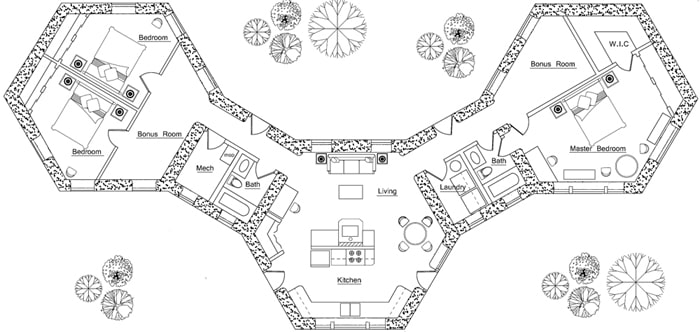
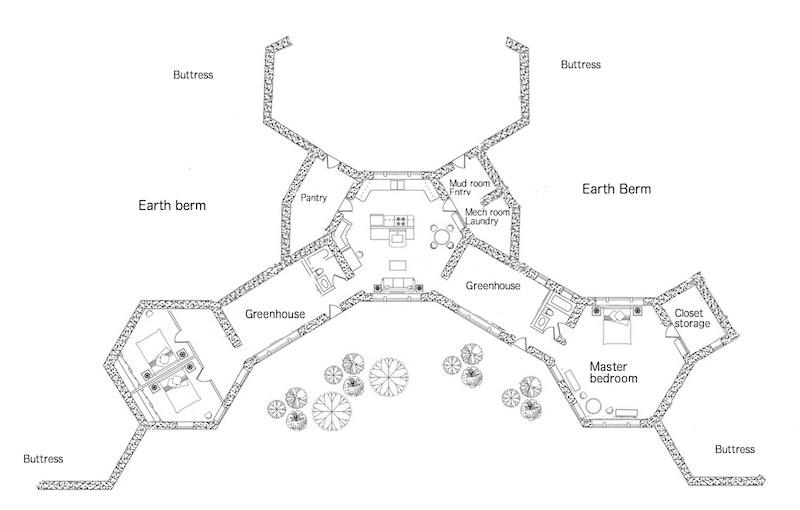
"Where will you drive your own picket stake? Where will you choose to make your stand? Give me a threshold, a specific point at which you will finally stop running, at which you will finally fight back." (Derrick Jensen)
 1
1




"Where will you drive your own picket stake? Where will you choose to make your stand? Give me a threshold, a specific point at which you will finally stop running, at which you will finally fight back." (Derrick Jensen)
 2
2




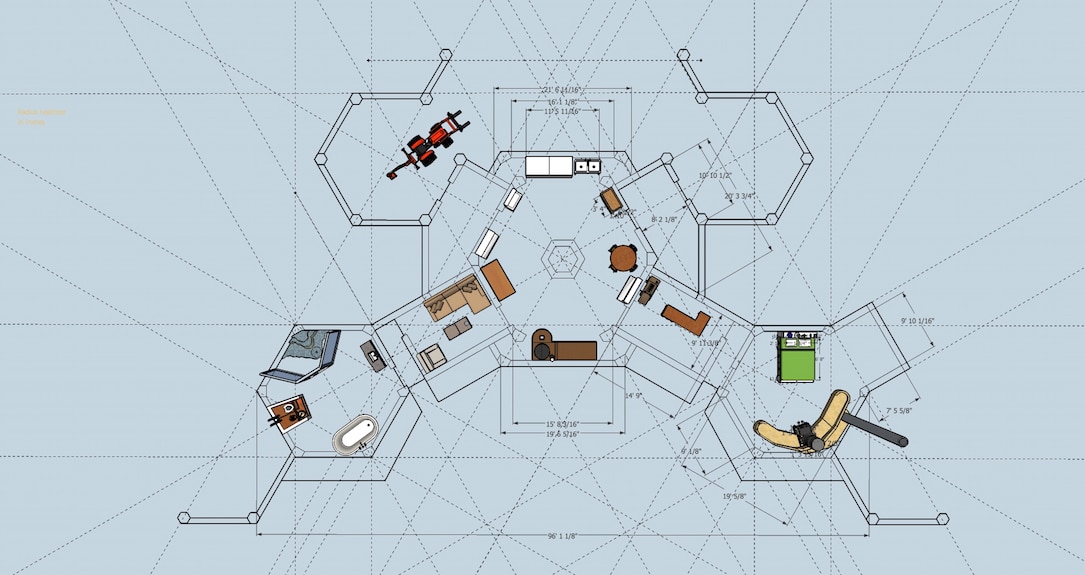
"Where will you drive your own picket stake? Where will you choose to make your stand? Give me a threshold, a specific point at which you will finally stop running, at which you will finally fight back." (Derrick Jensen)
 3
3




"Where will you drive your own picket stake? Where will you choose to make your stand? Give me a threshold, a specific point at which you will finally stop running, at which you will finally fight back." (Derrick Jensen)
 3
3




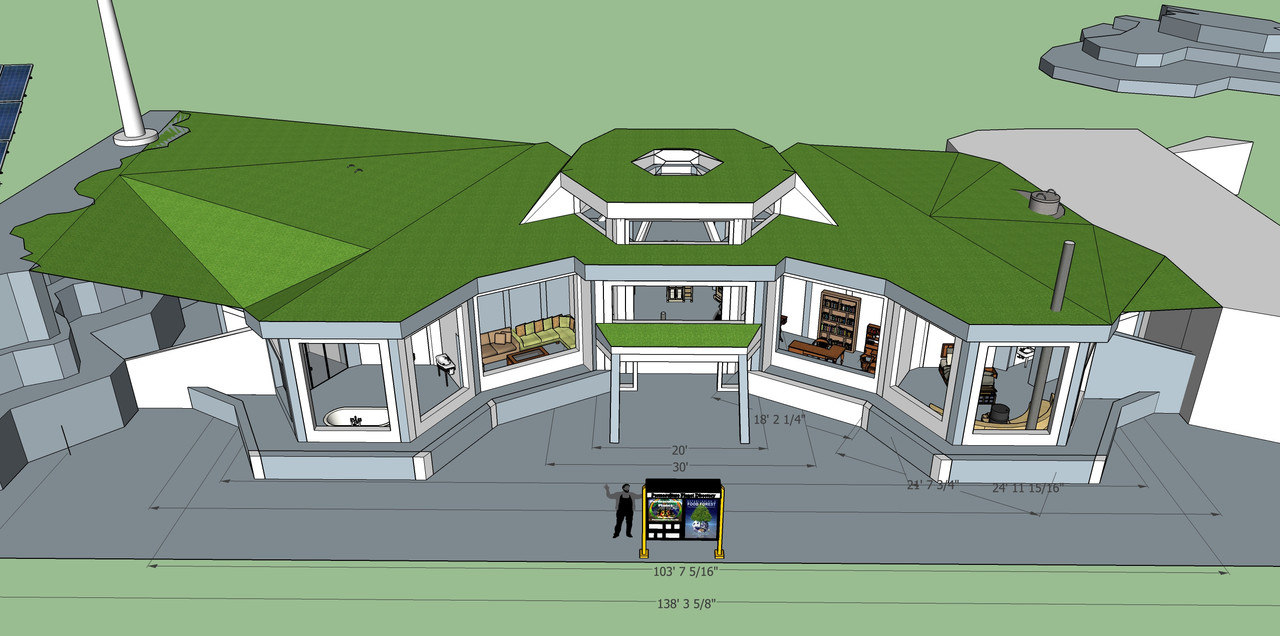
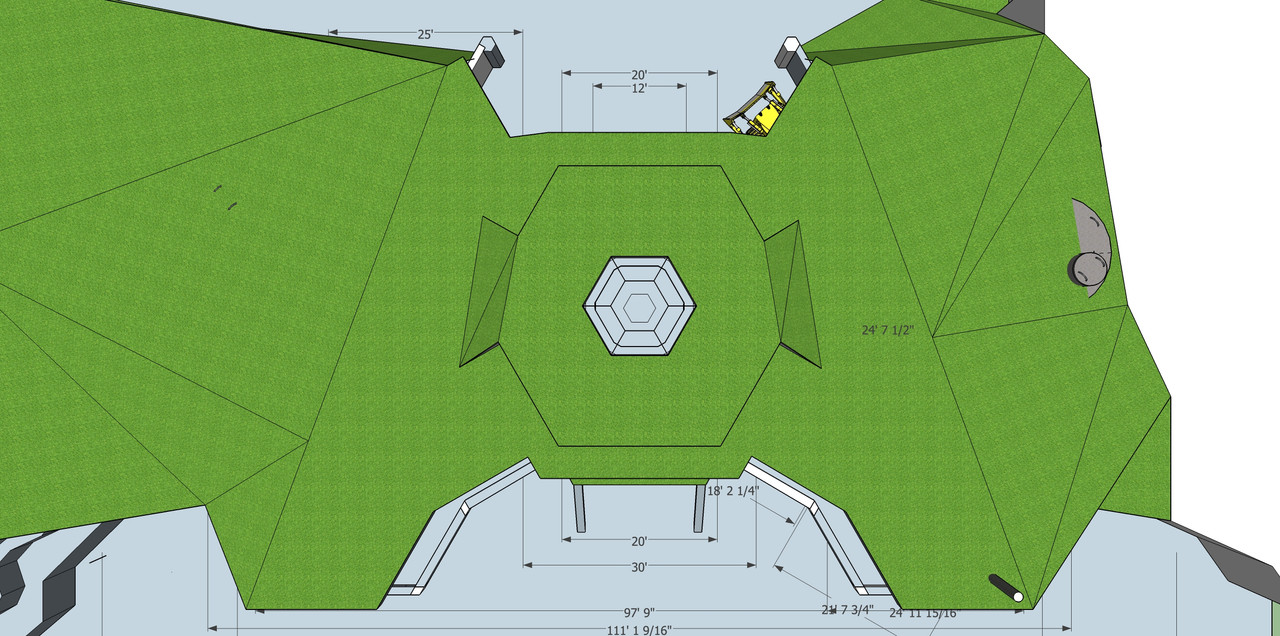
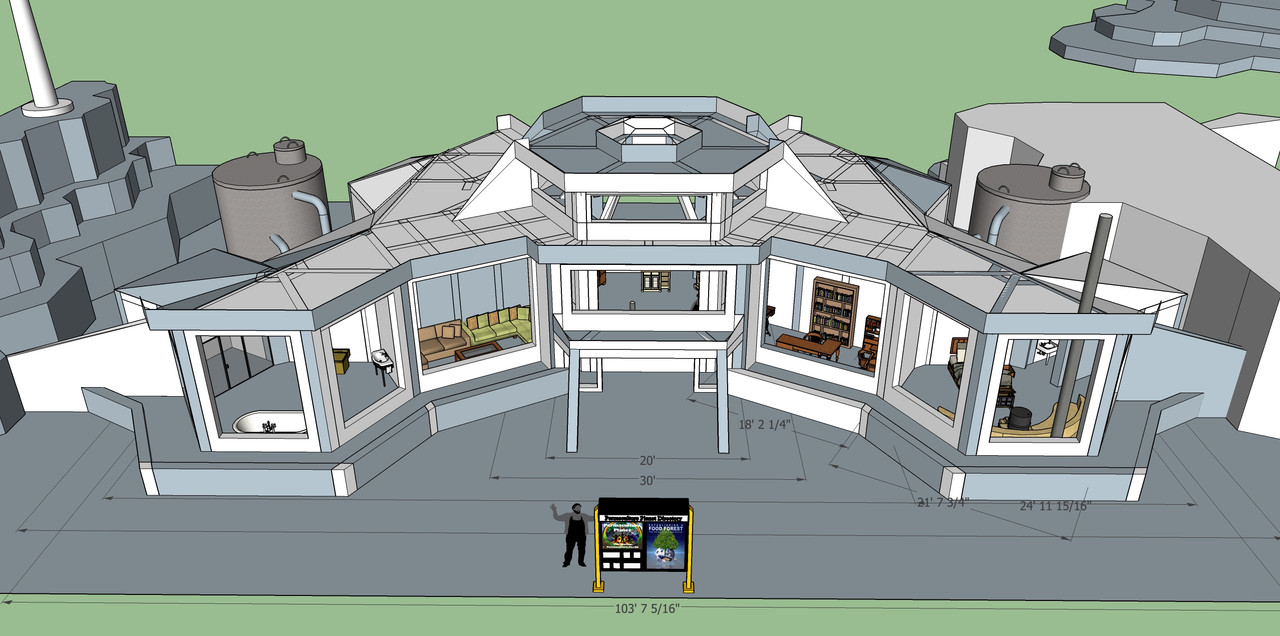
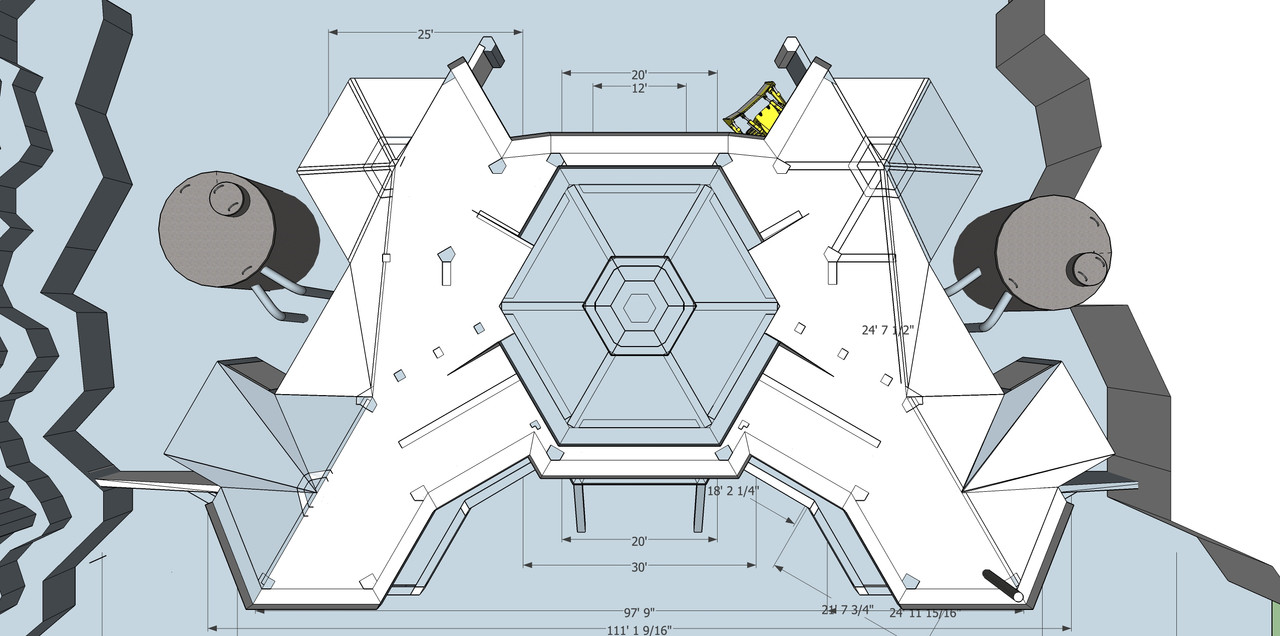
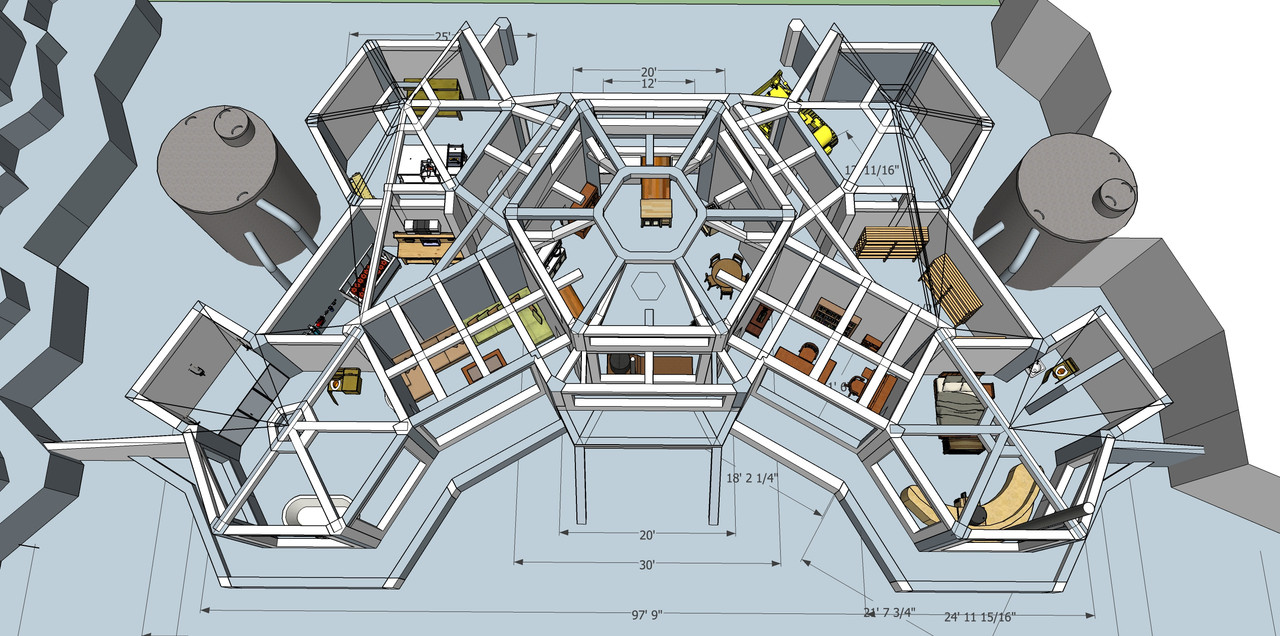
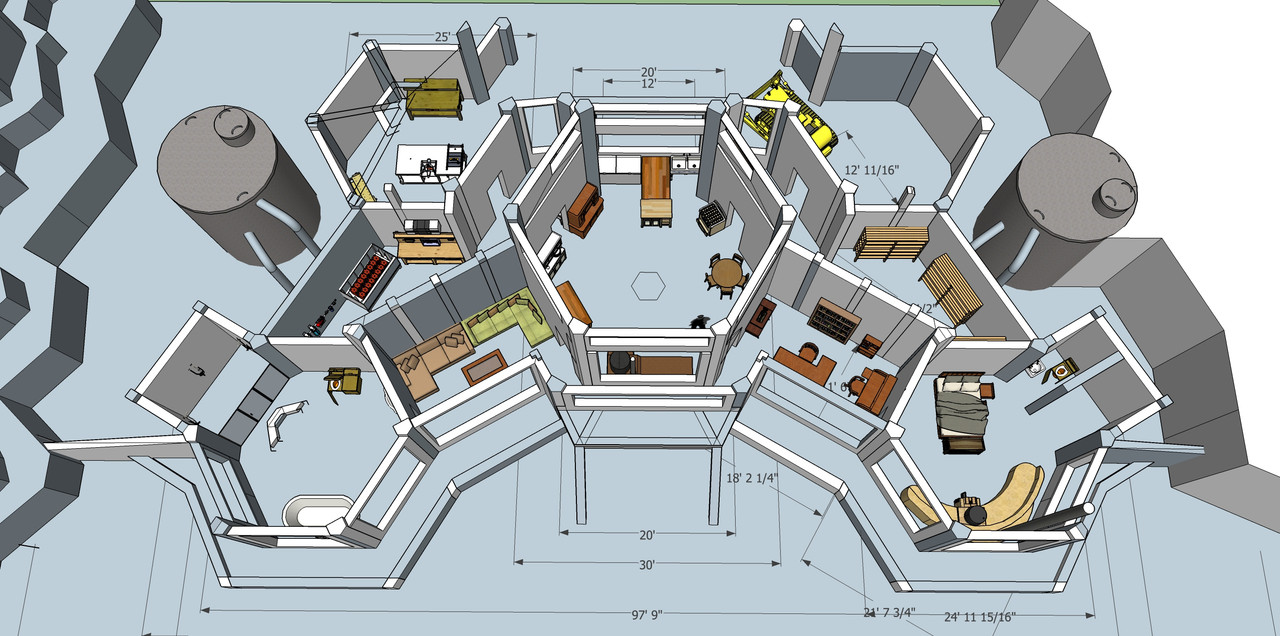
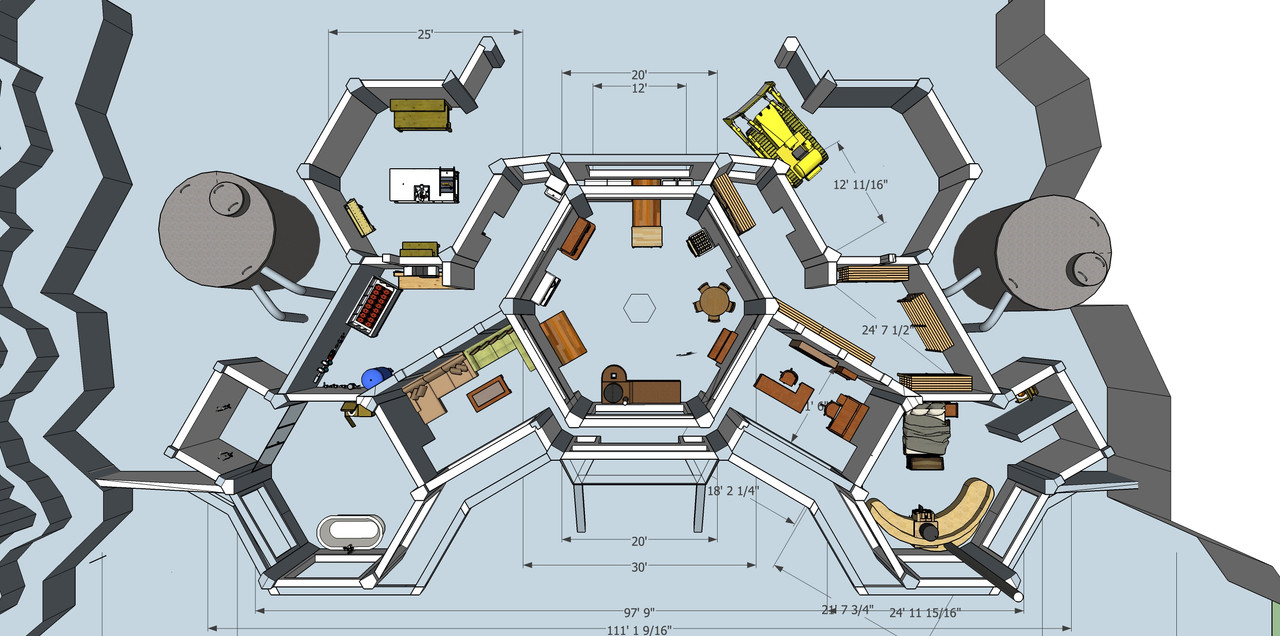
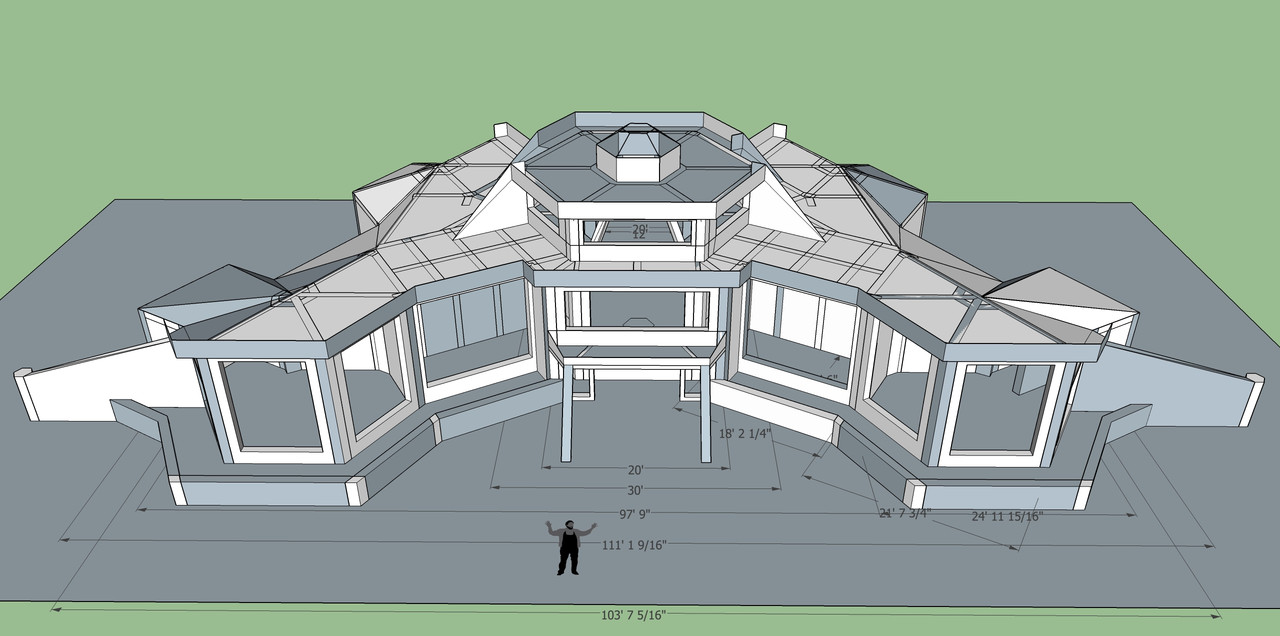
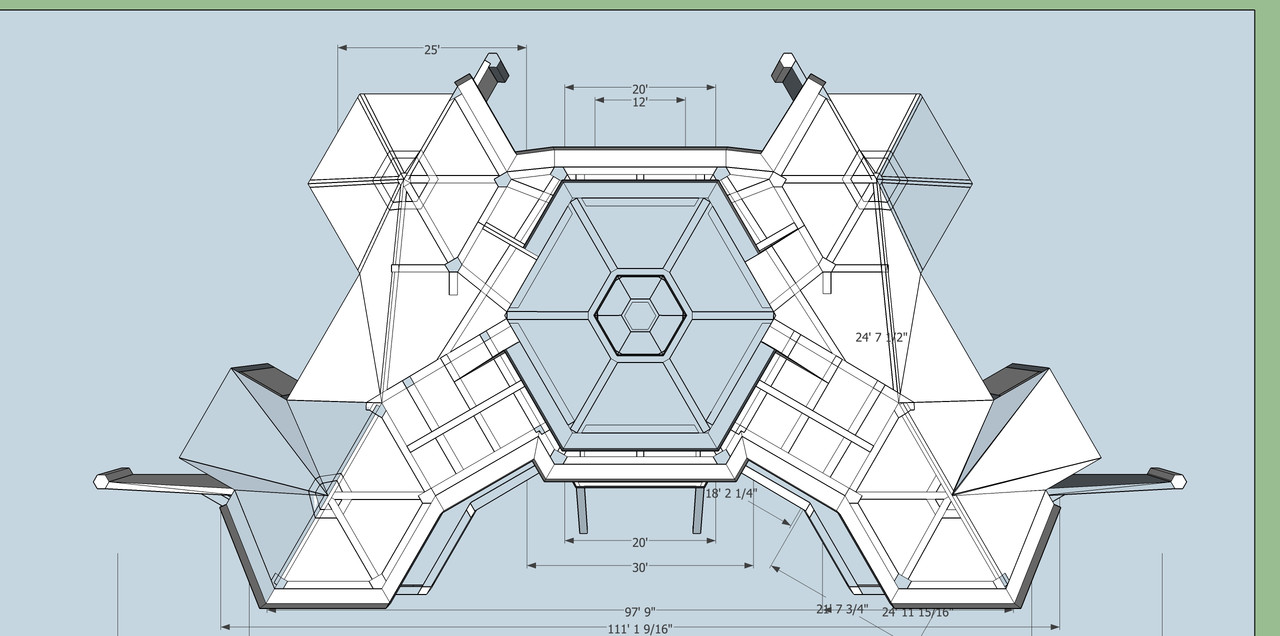
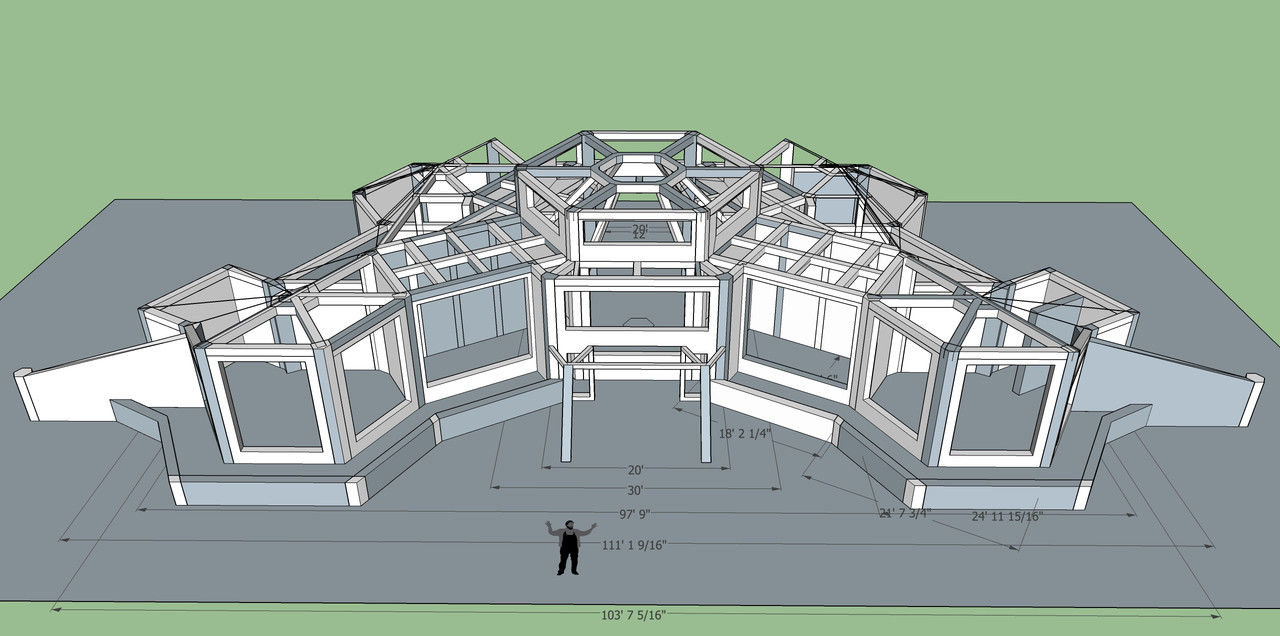
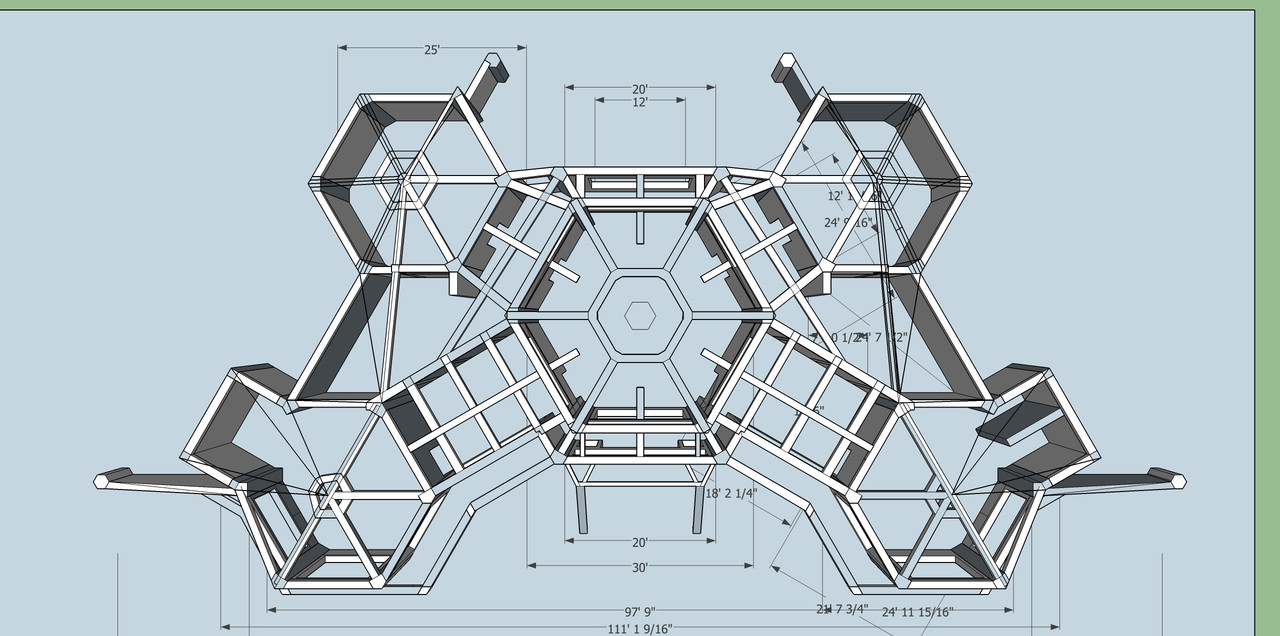
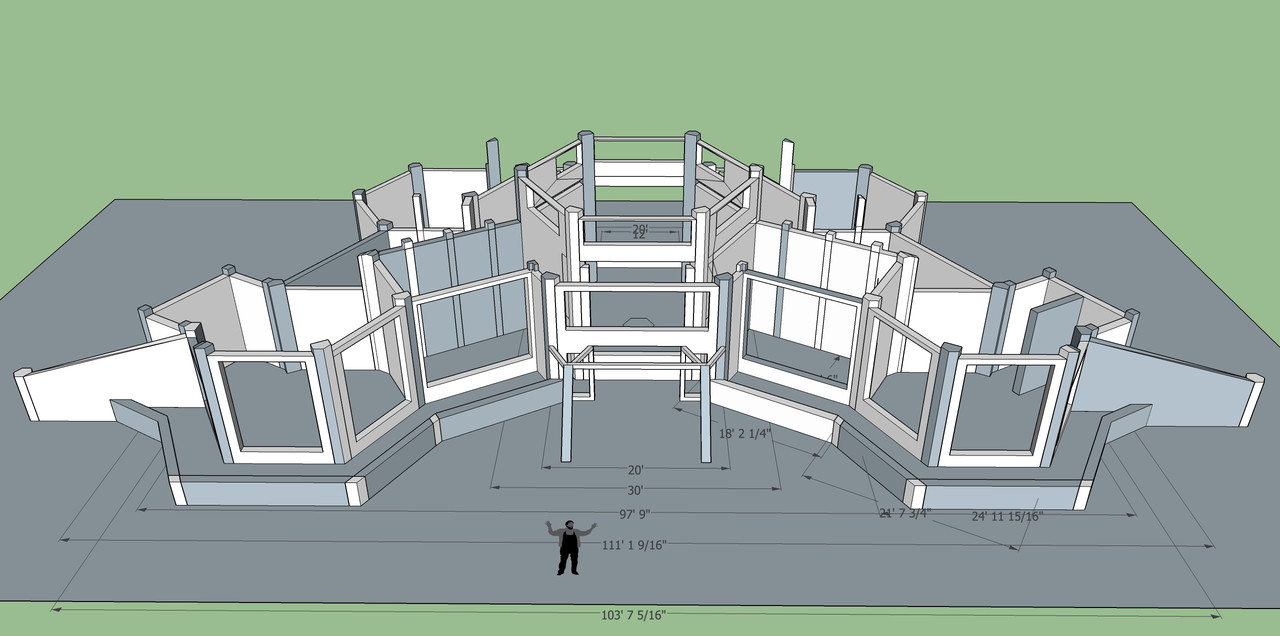
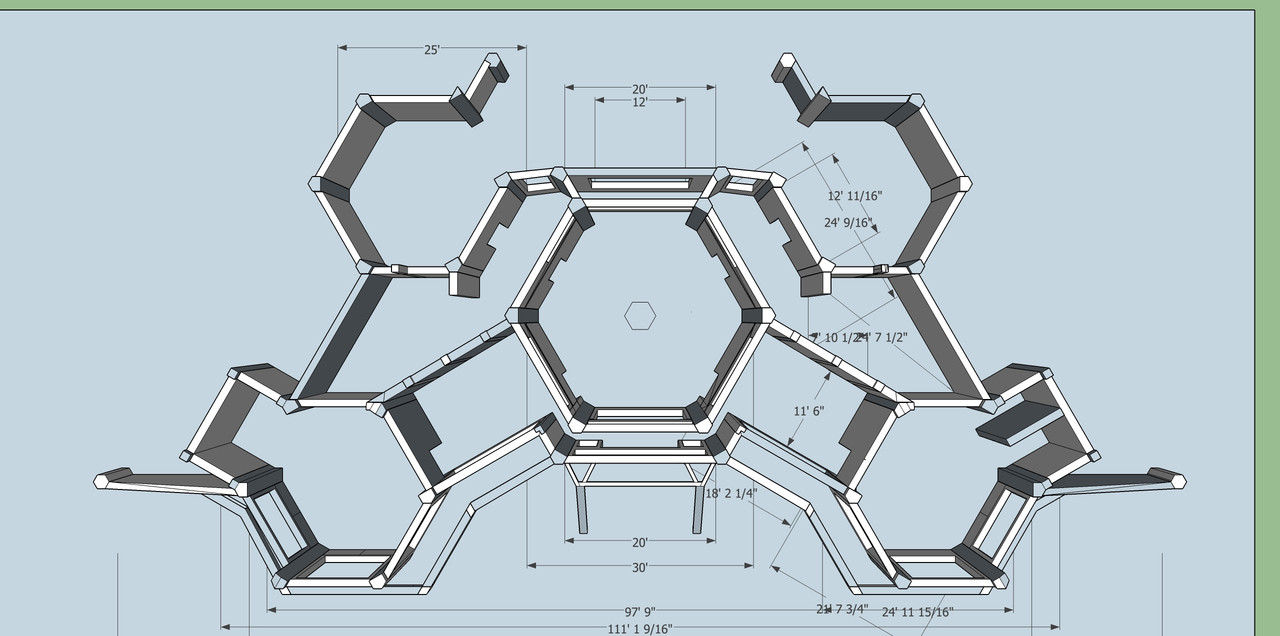
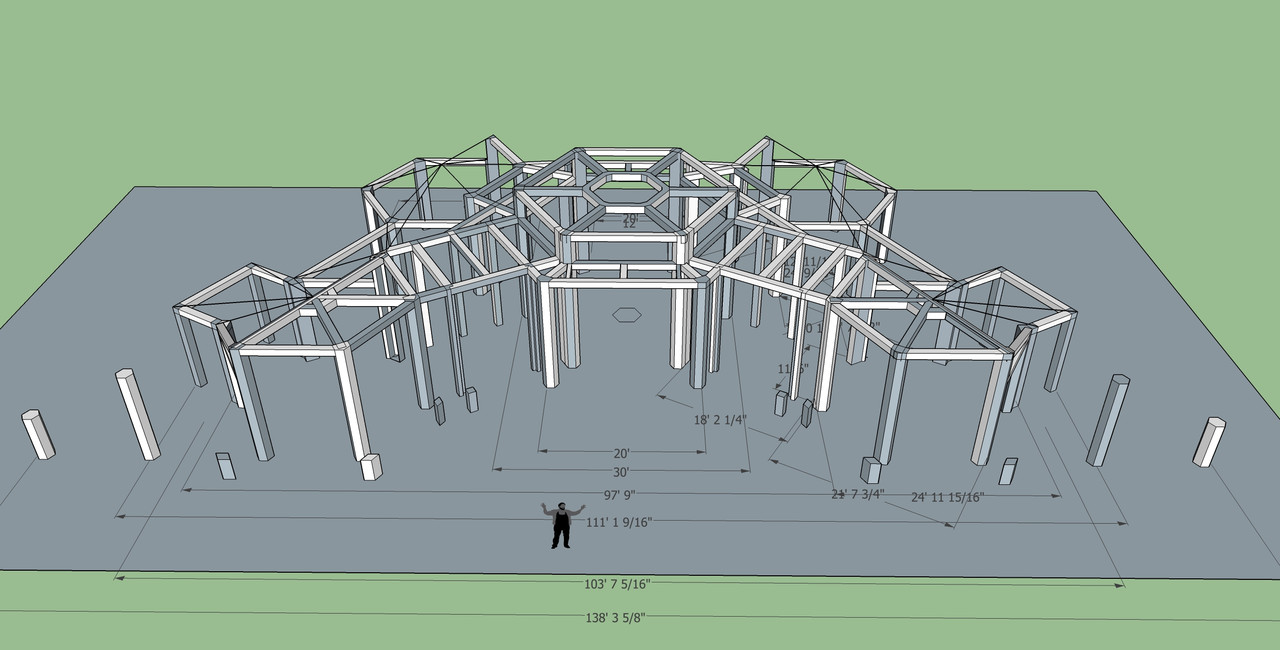
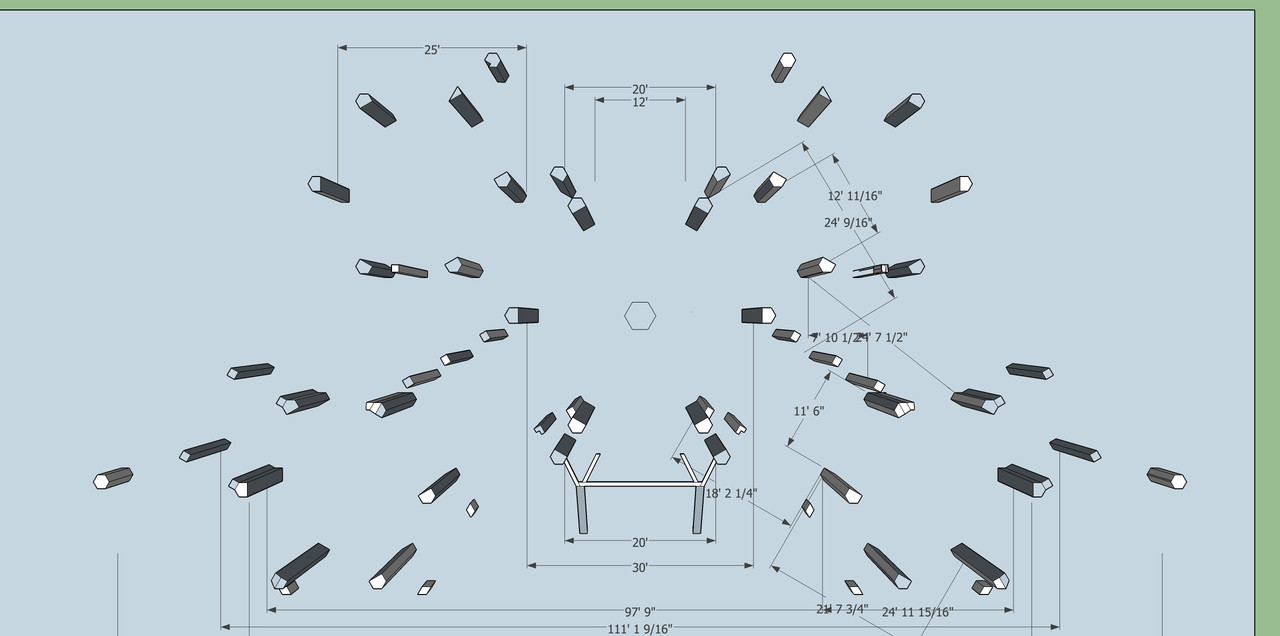
"Where will you drive your own picket stake? Where will you choose to make your stand? Give me a threshold, a specific point at which you will finally stop running, at which you will finally fight back." (Derrick Jensen)




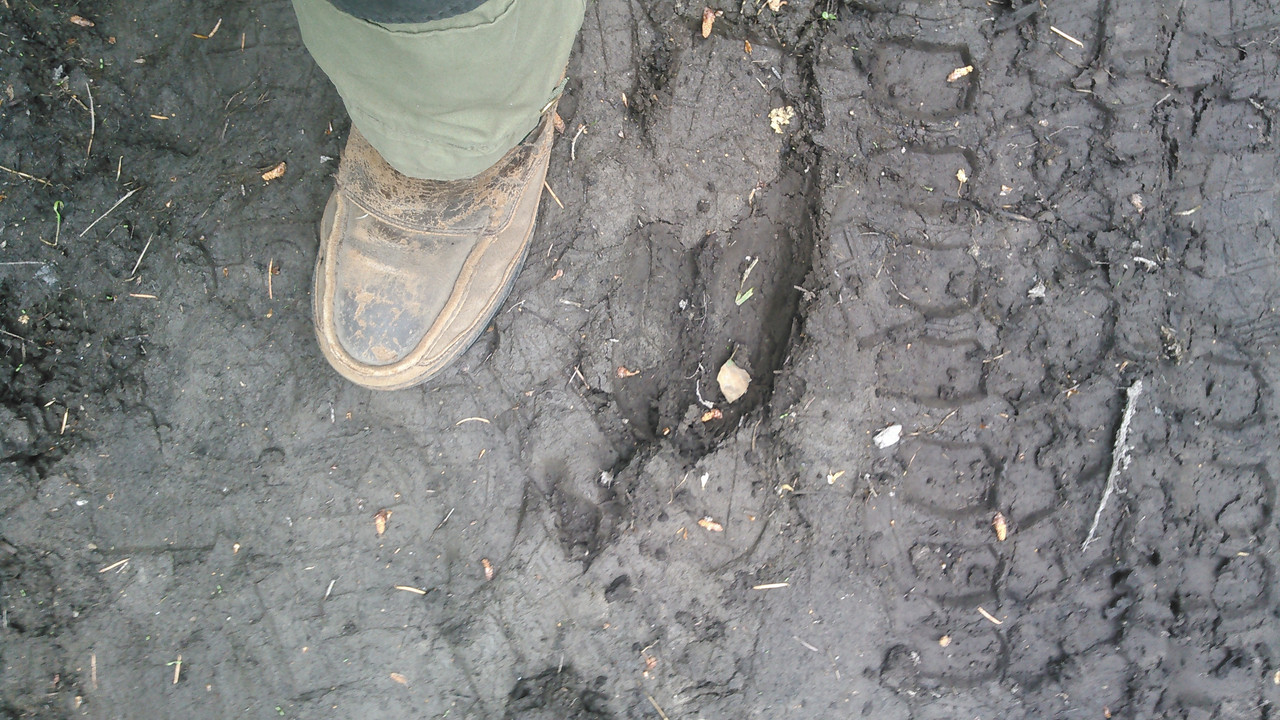
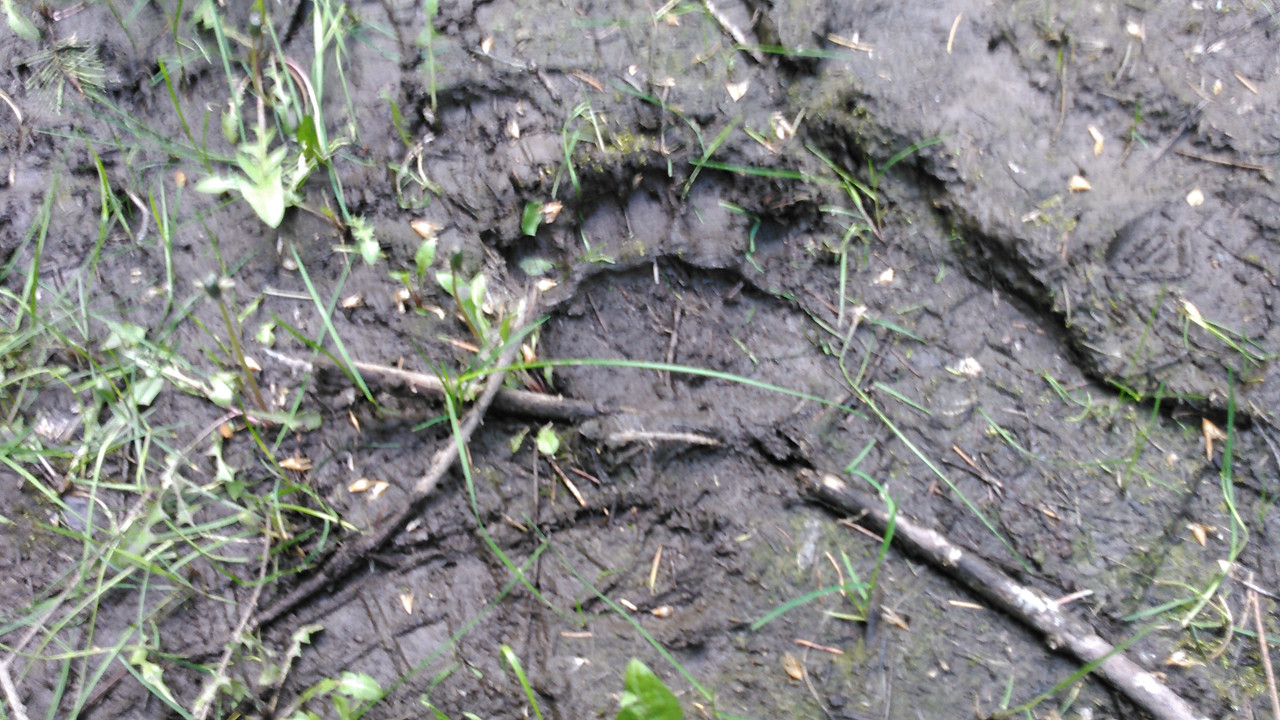
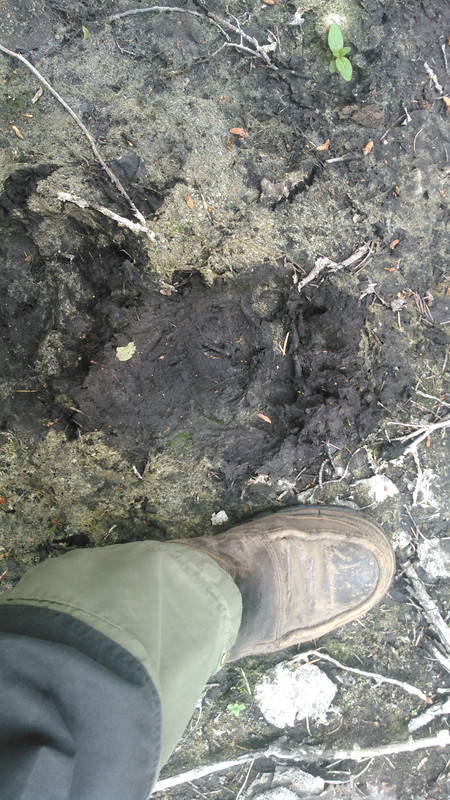
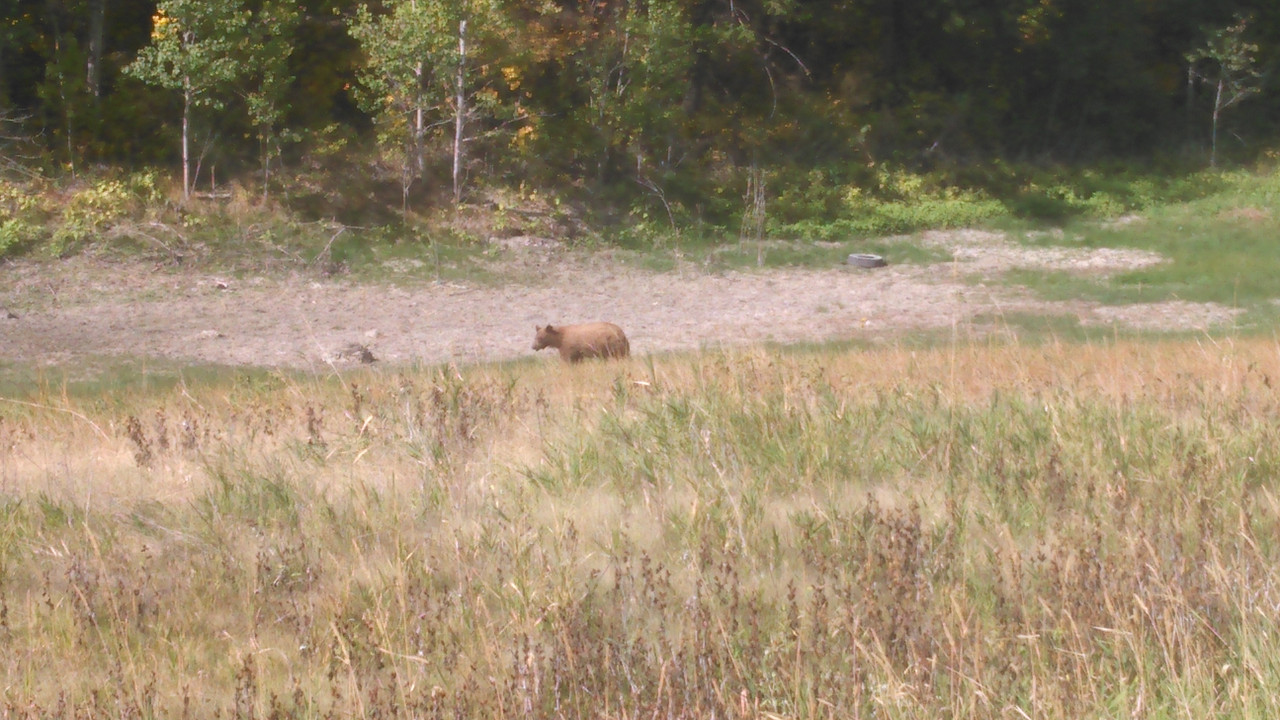
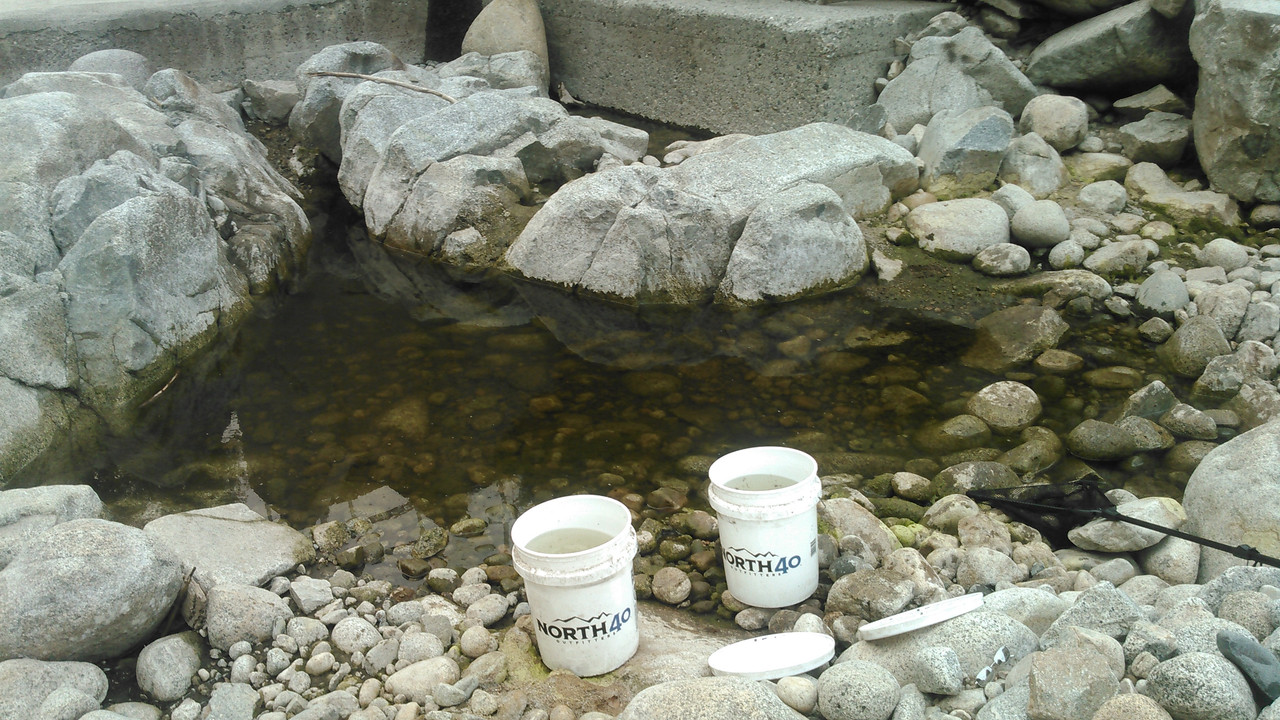
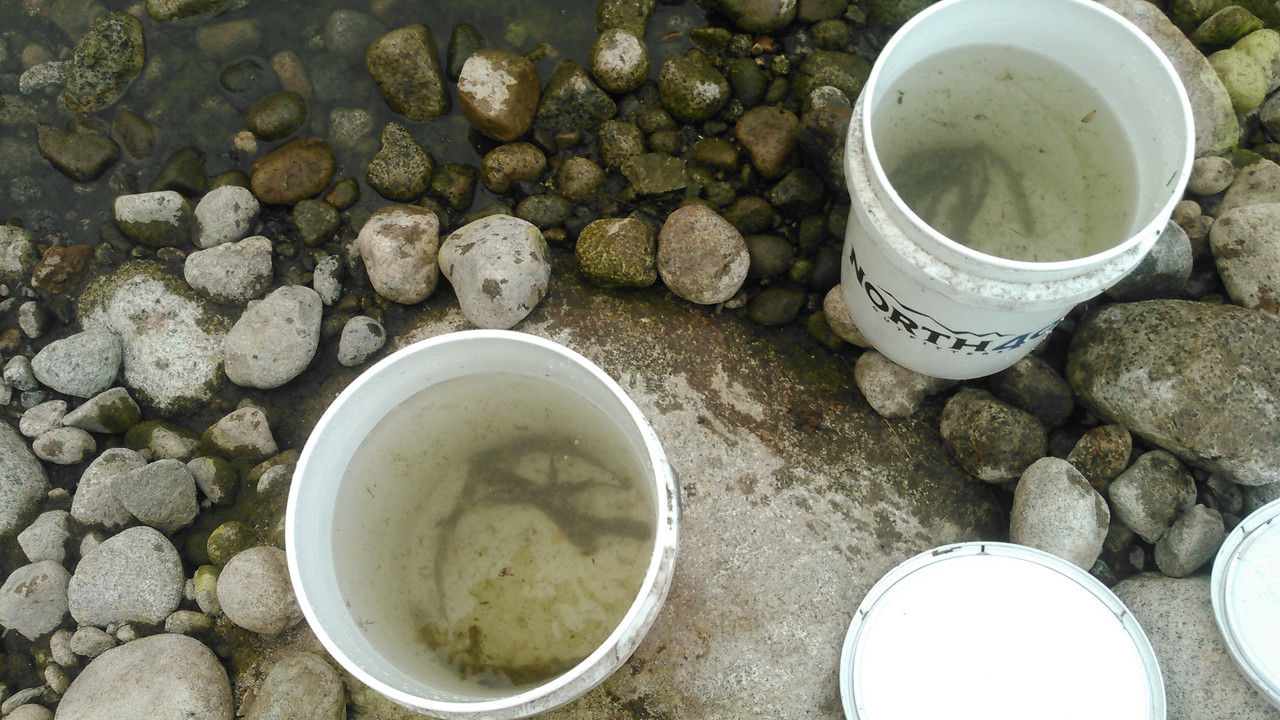
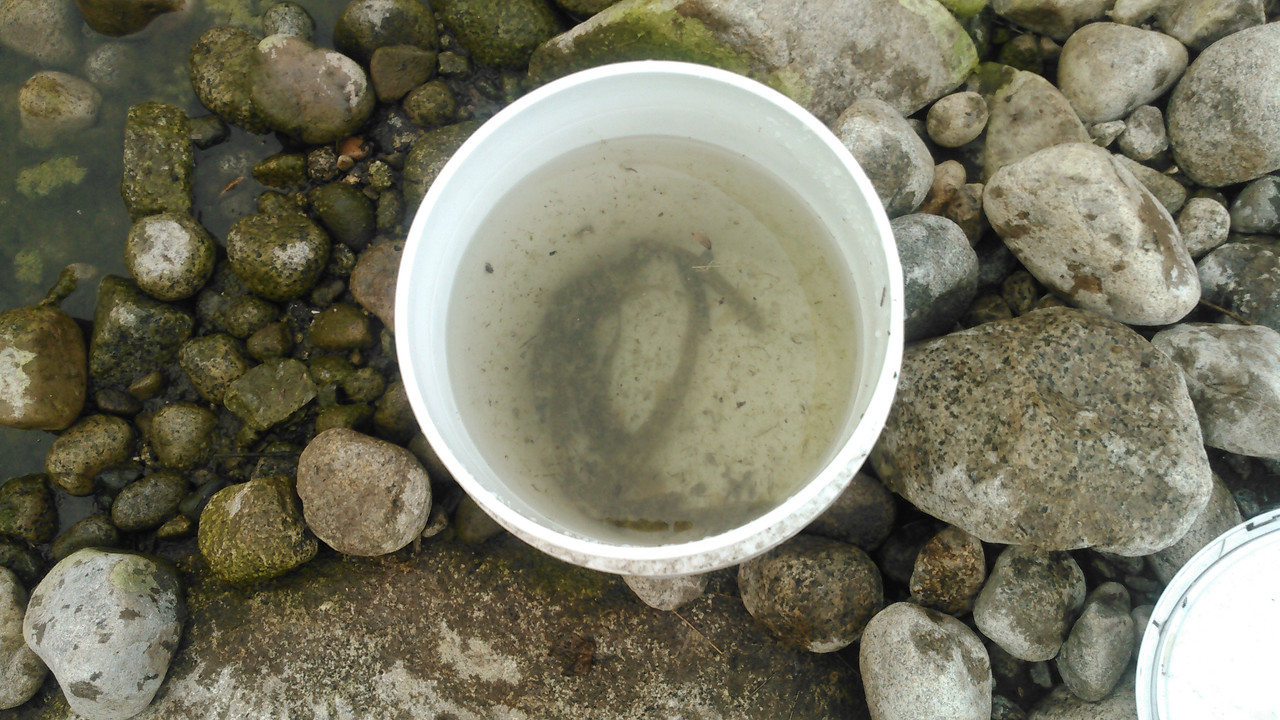

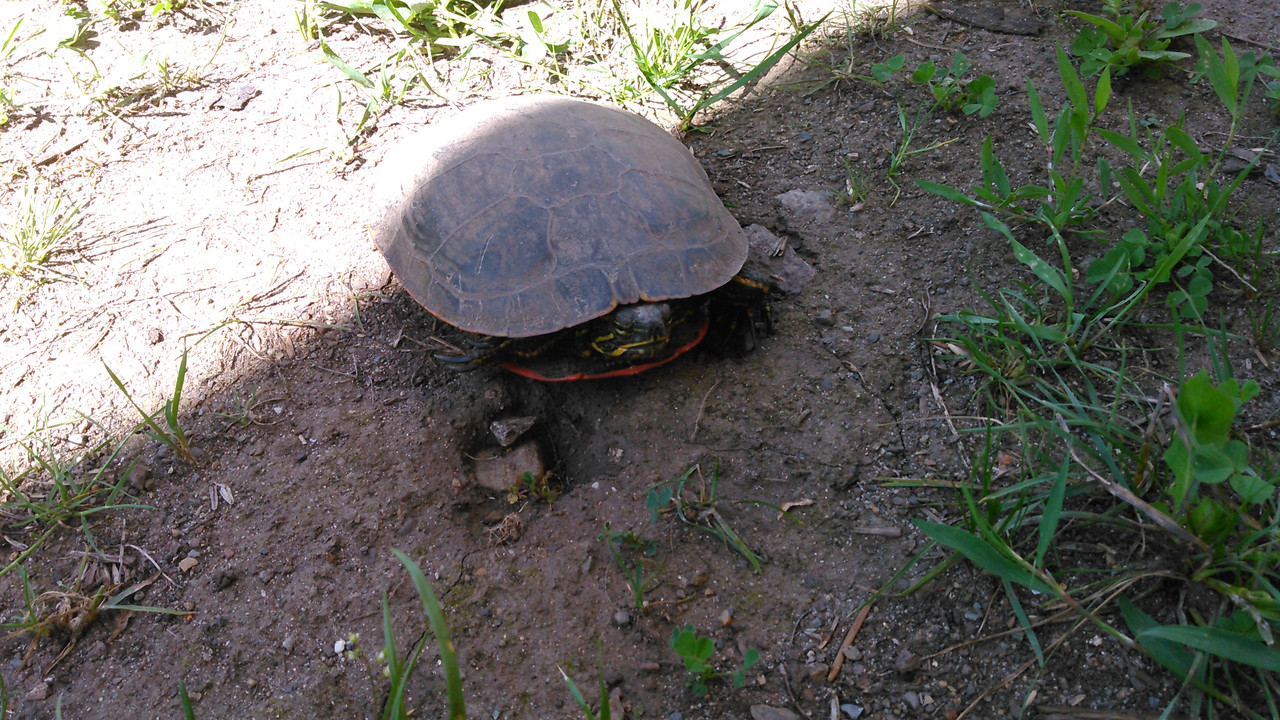
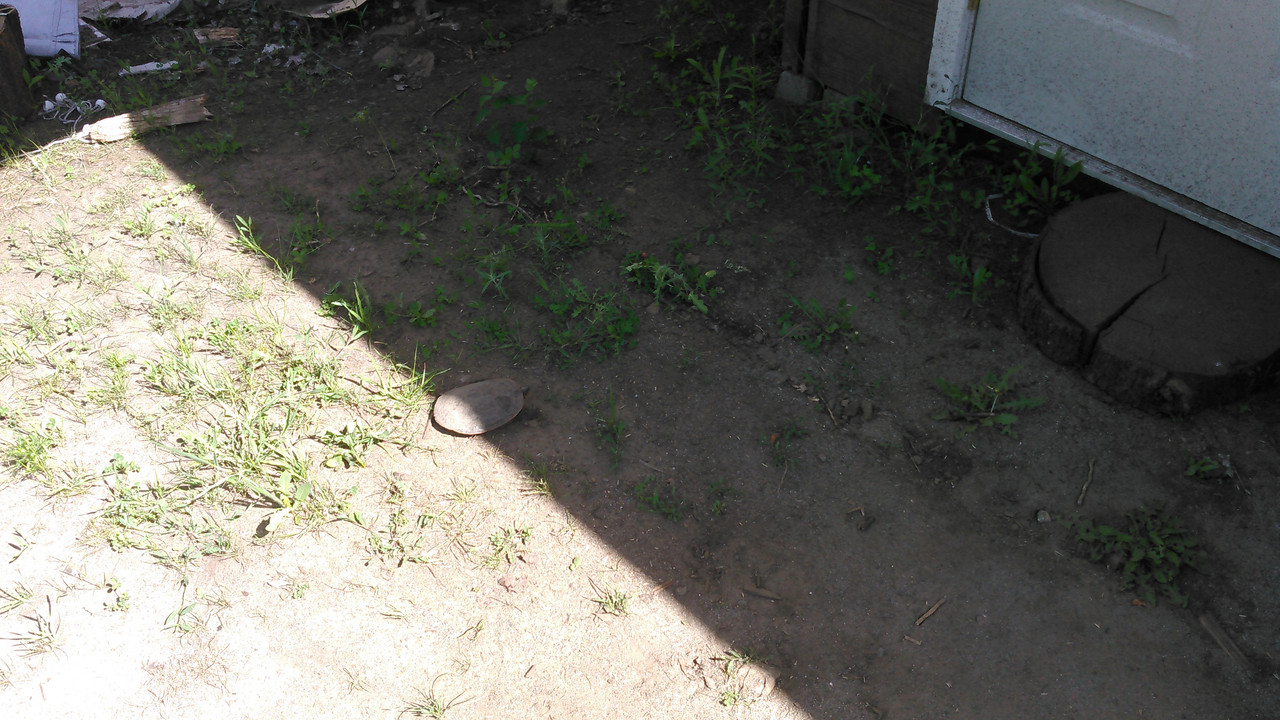
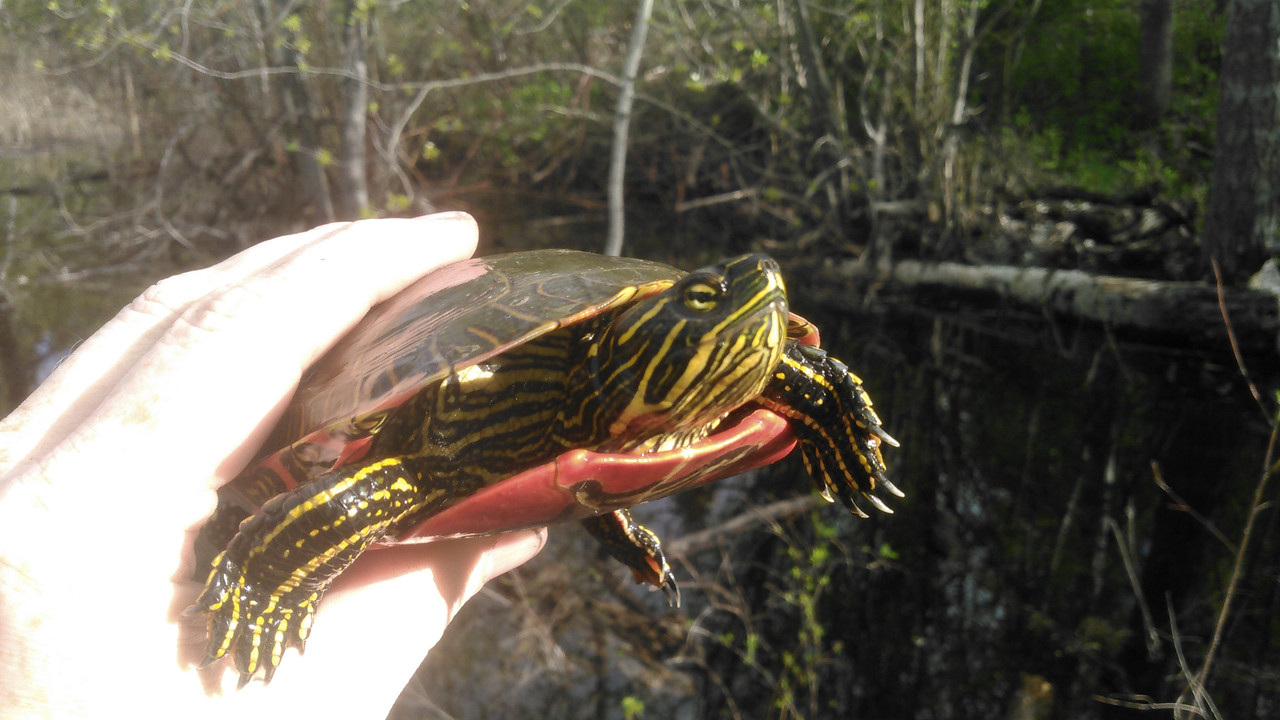
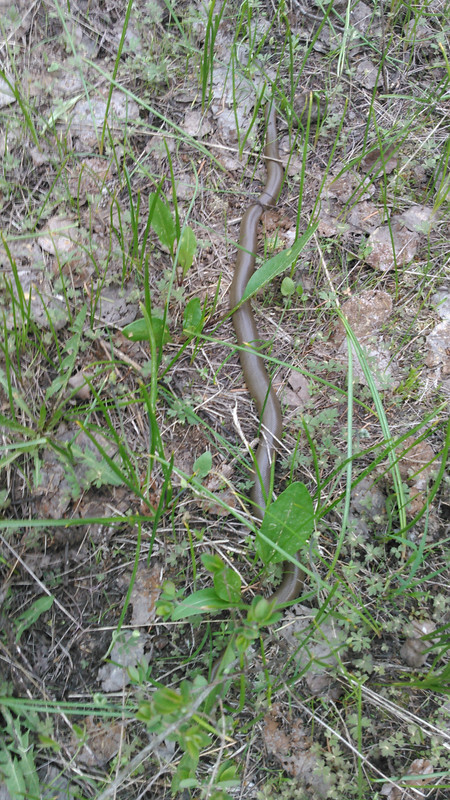
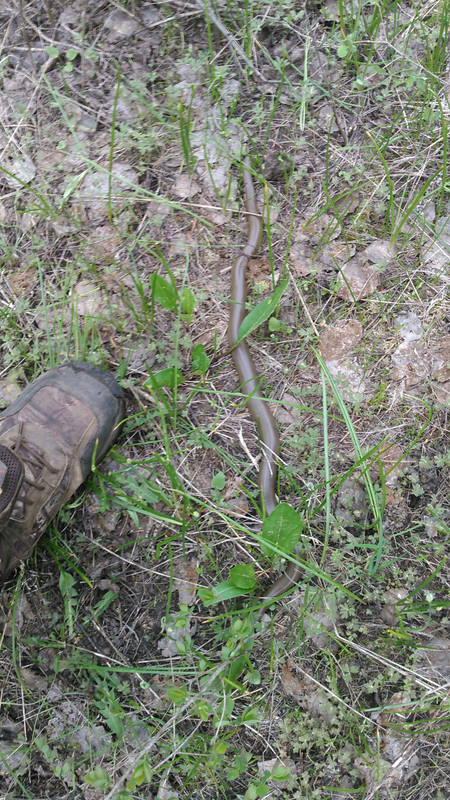
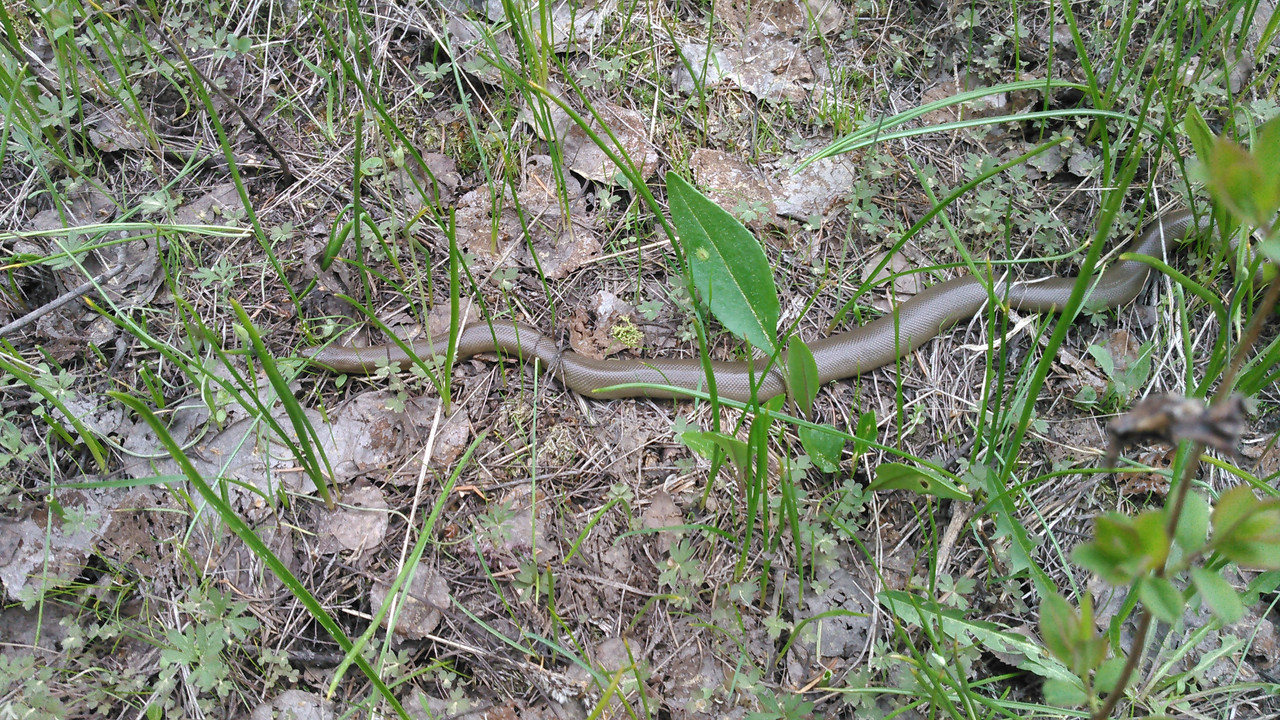

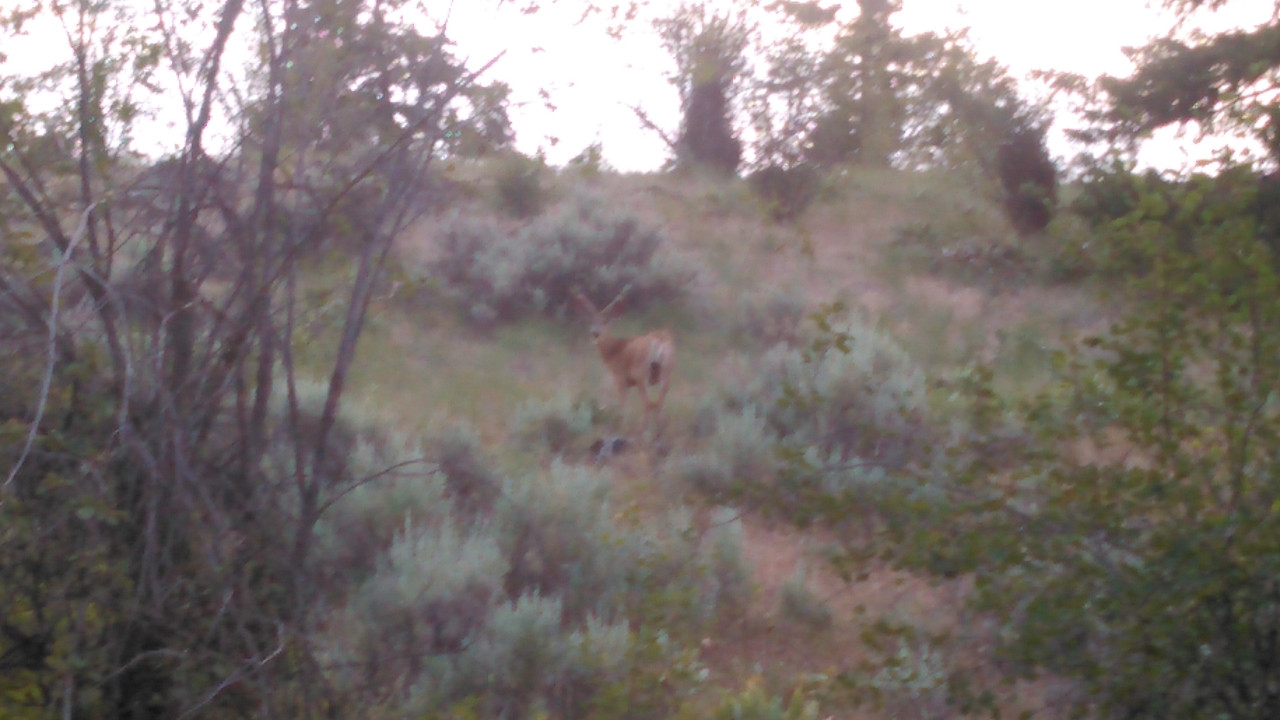
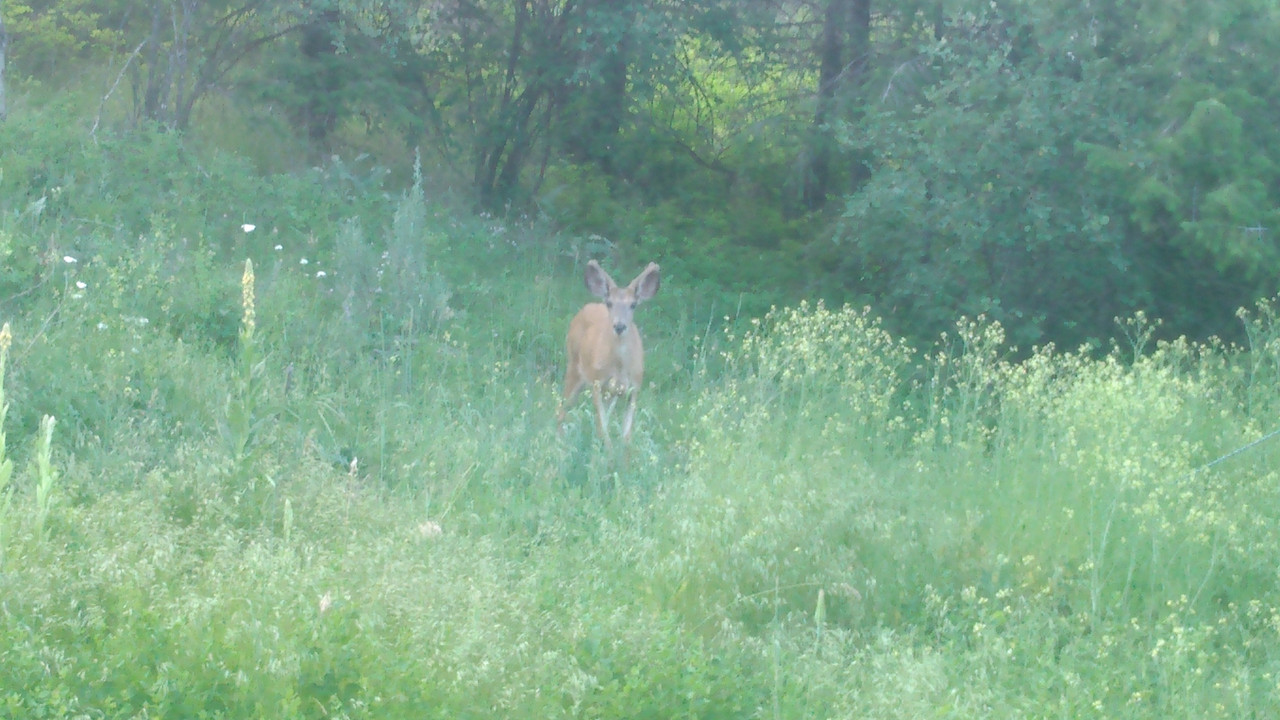
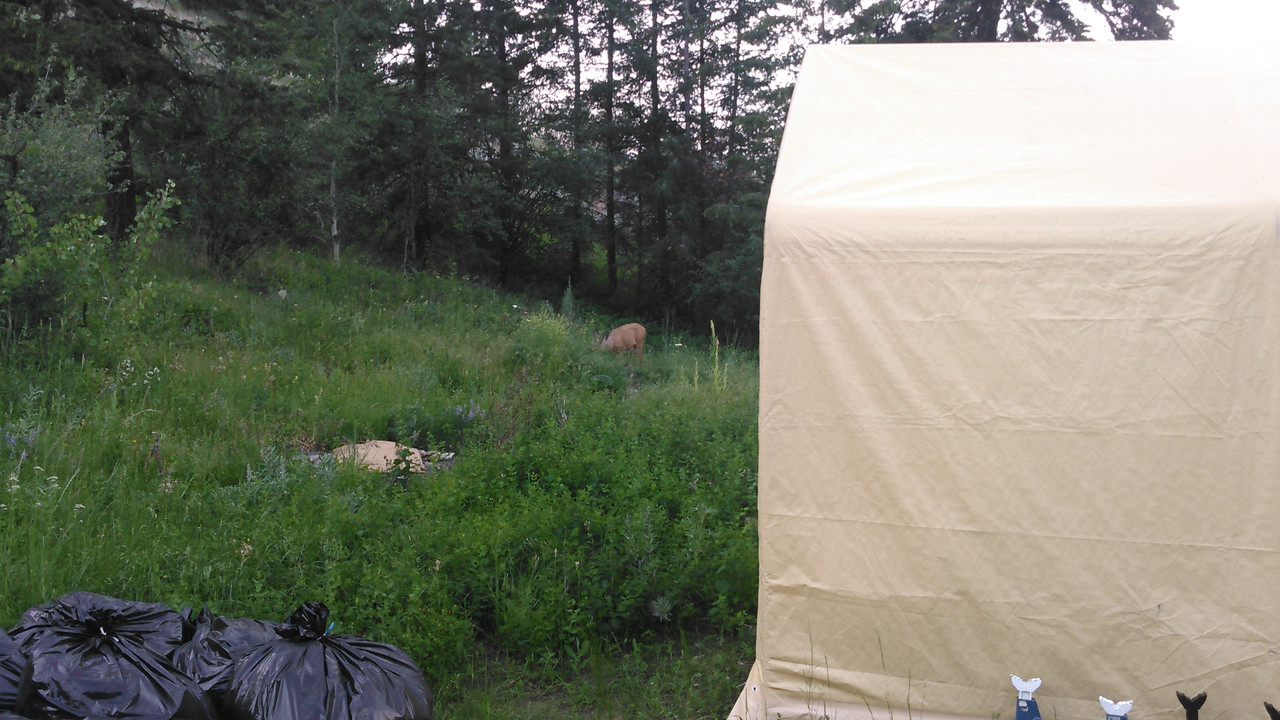
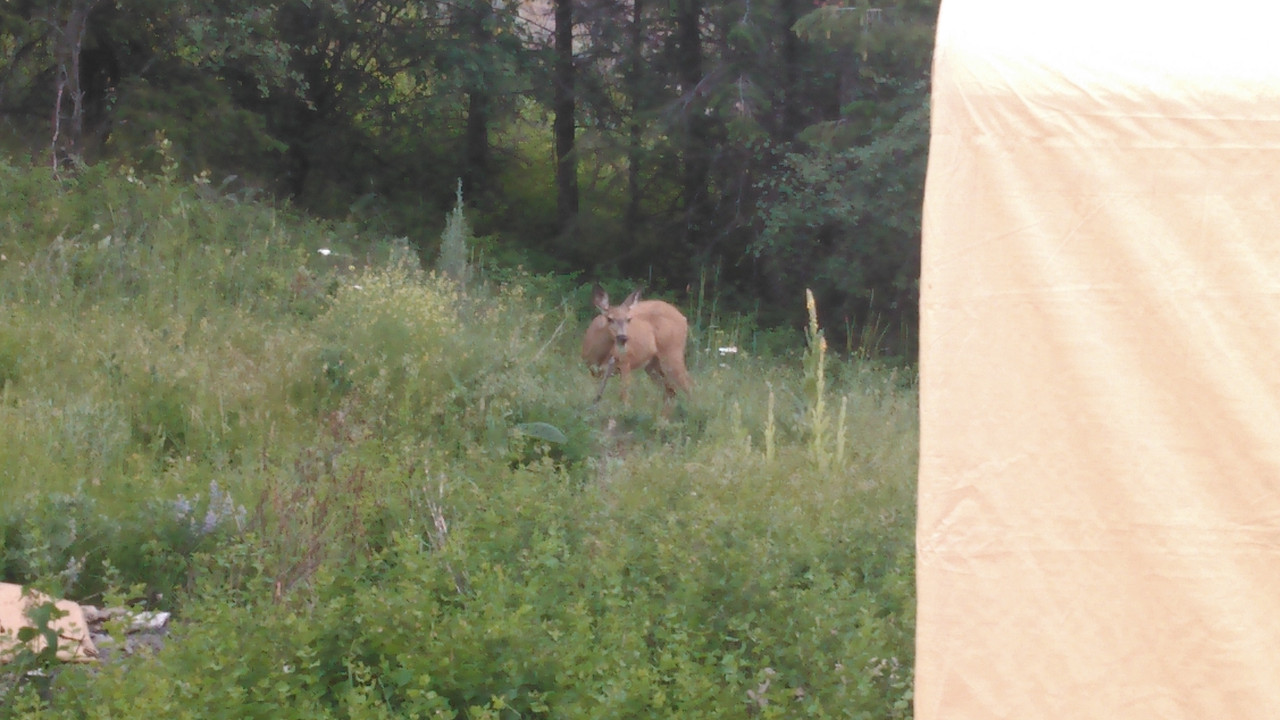
"Where will you drive your own picket stake? Where will you choose to make your stand? Give me a threshold, a specific point at which you will finally stop running, at which you will finally fight back." (Derrick Jensen)
 2
2





|
Let's go to the waterfront with this tiny ad:
The new permaculture playing cards kickstarter is now live!
https://www.kickstarter.com/projects/paulwheaton/garden-cards
|


